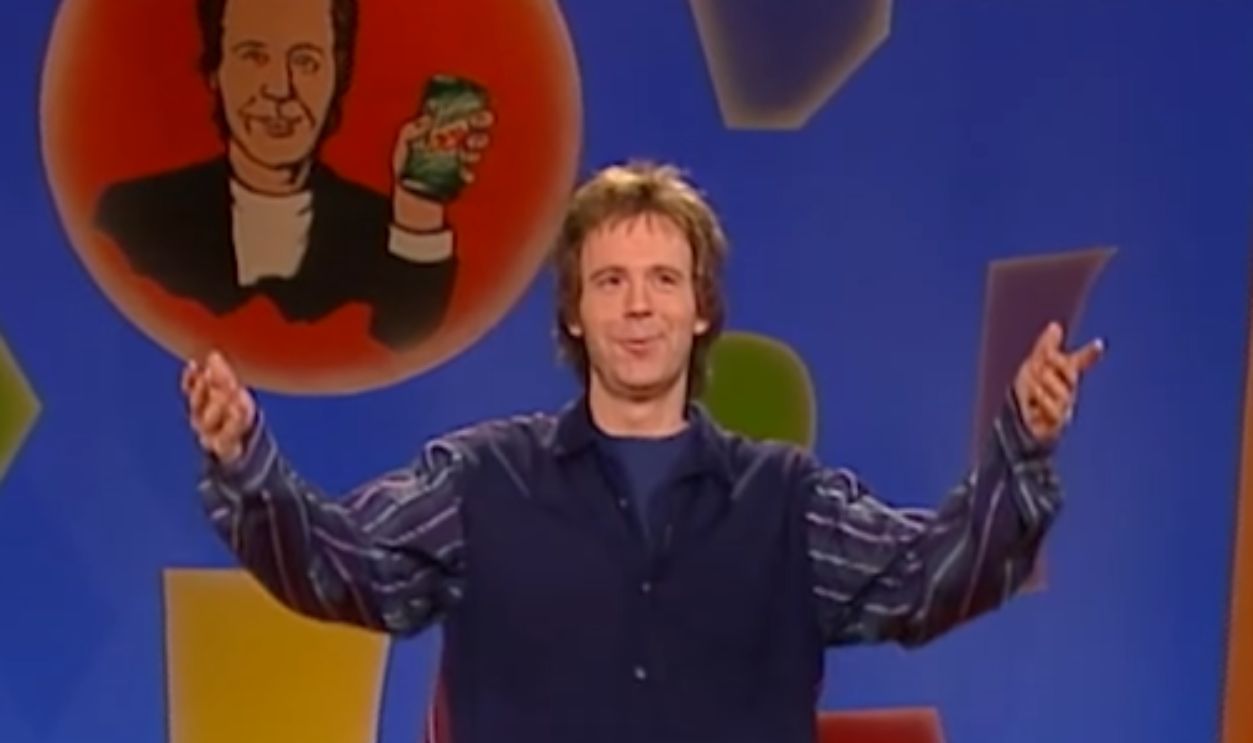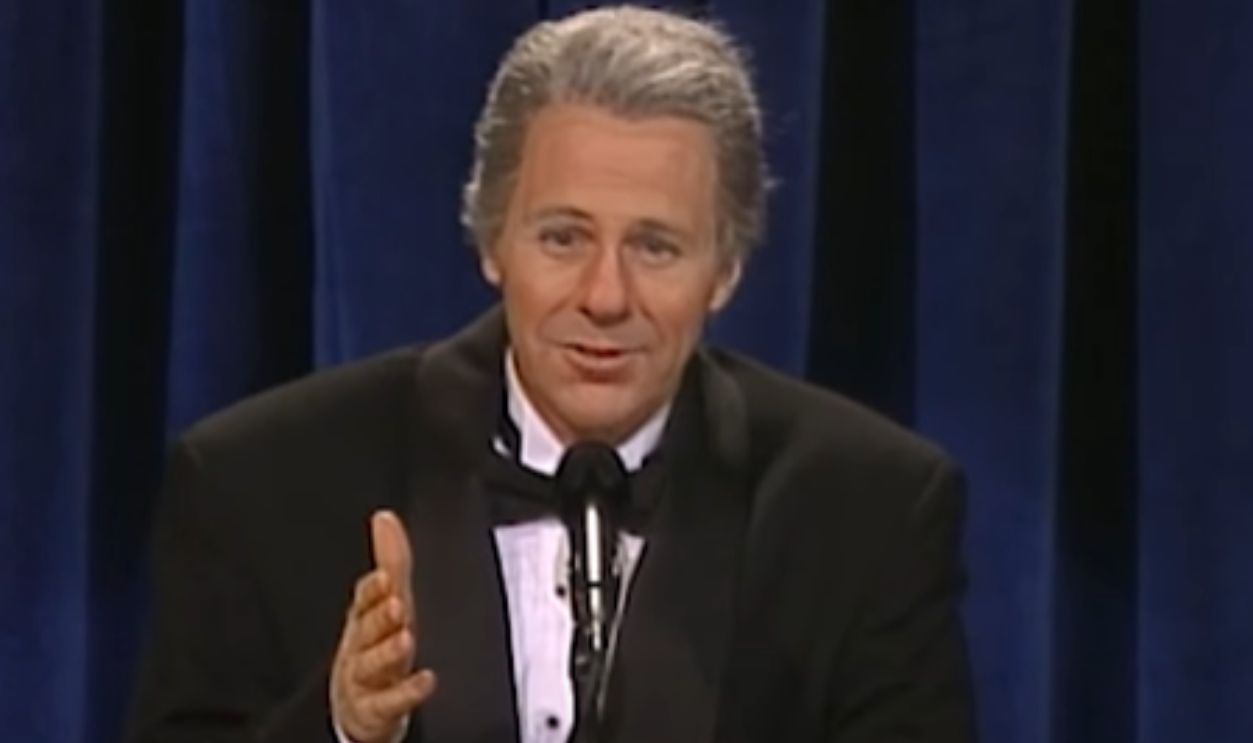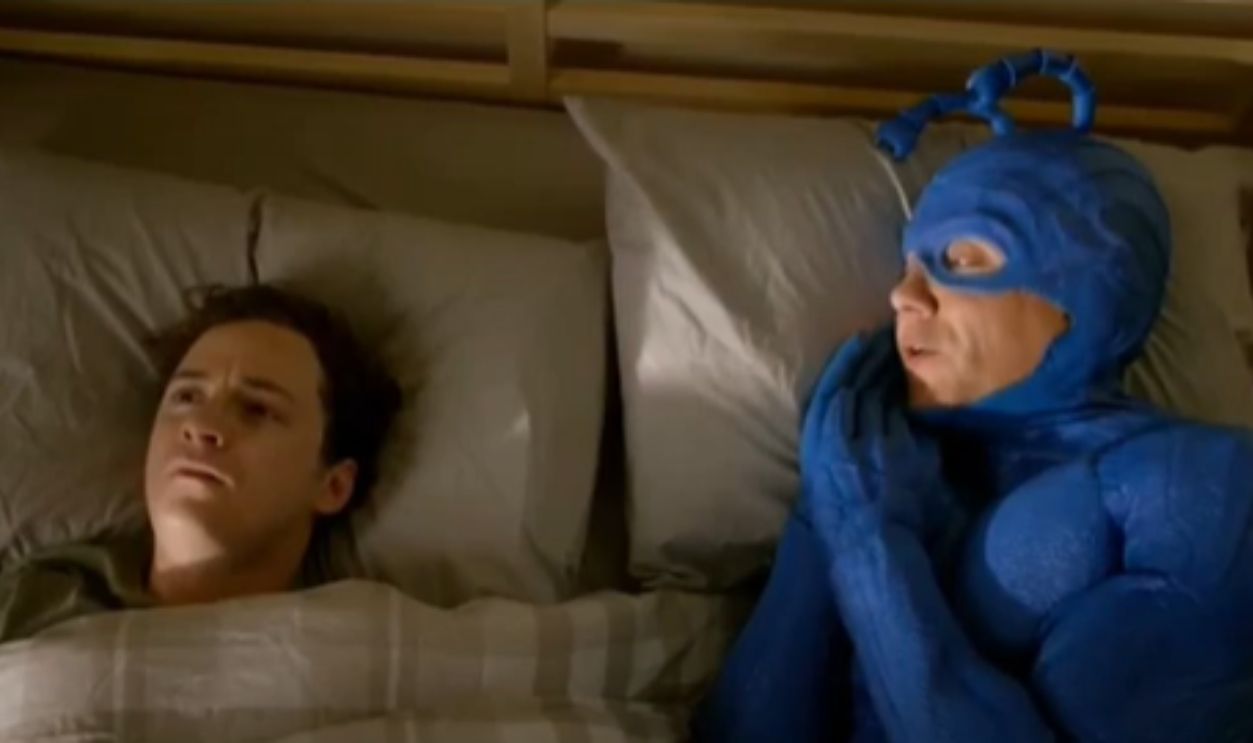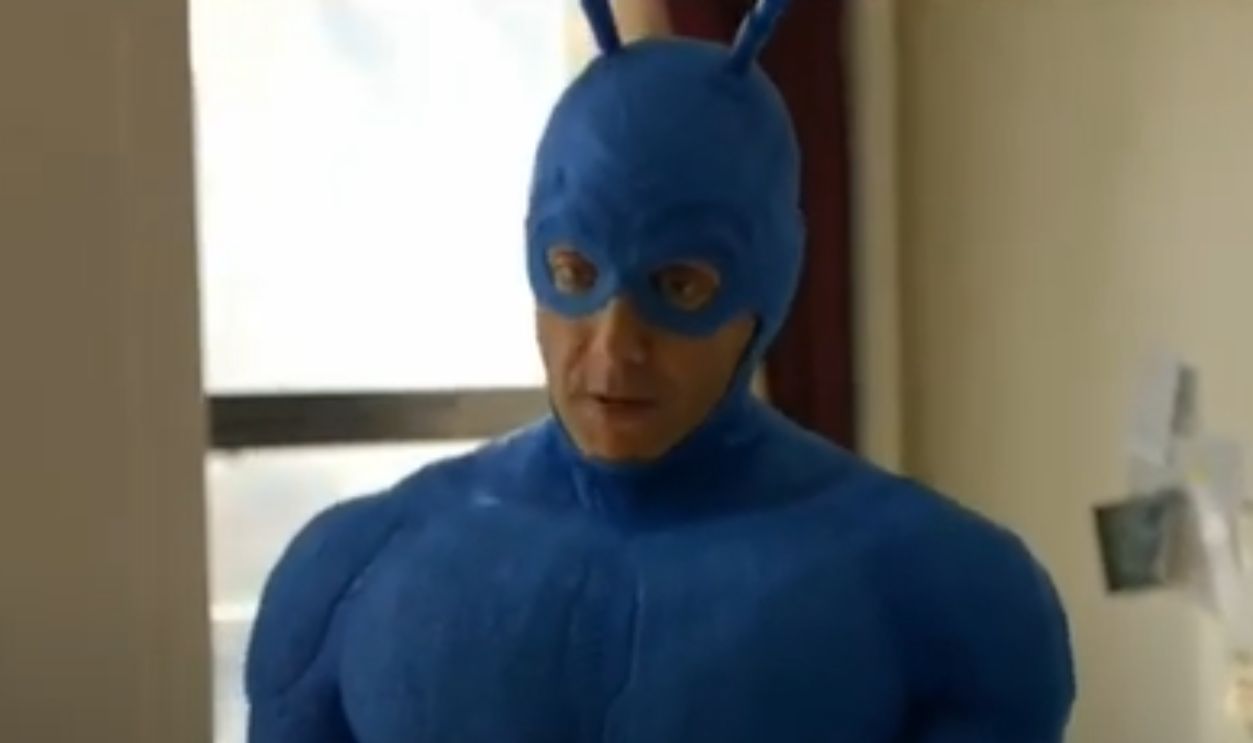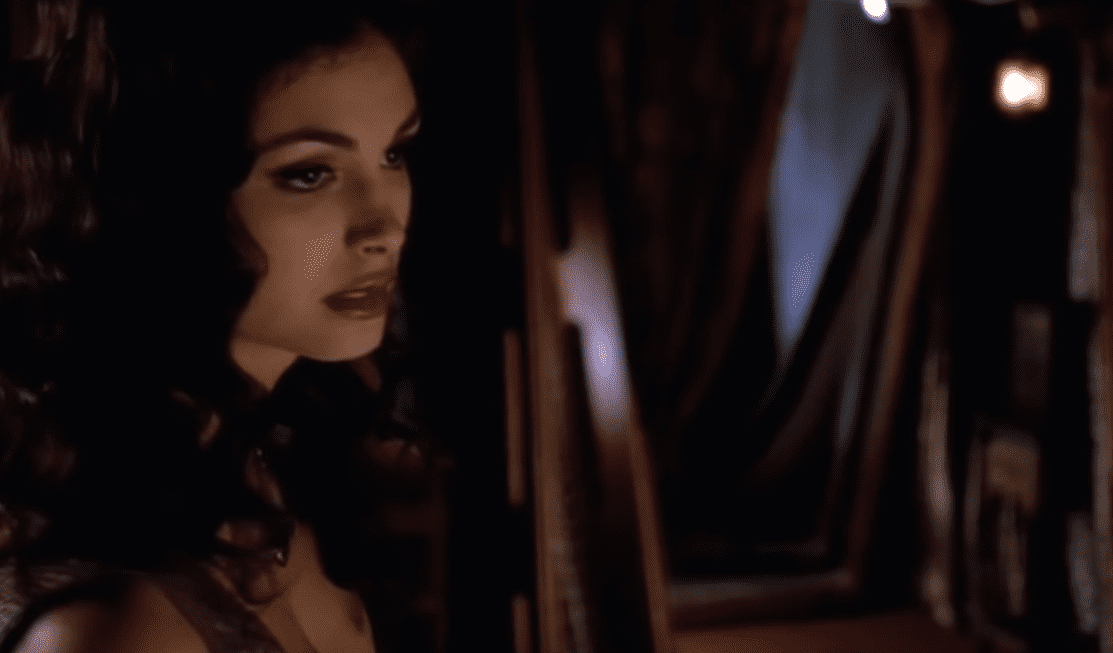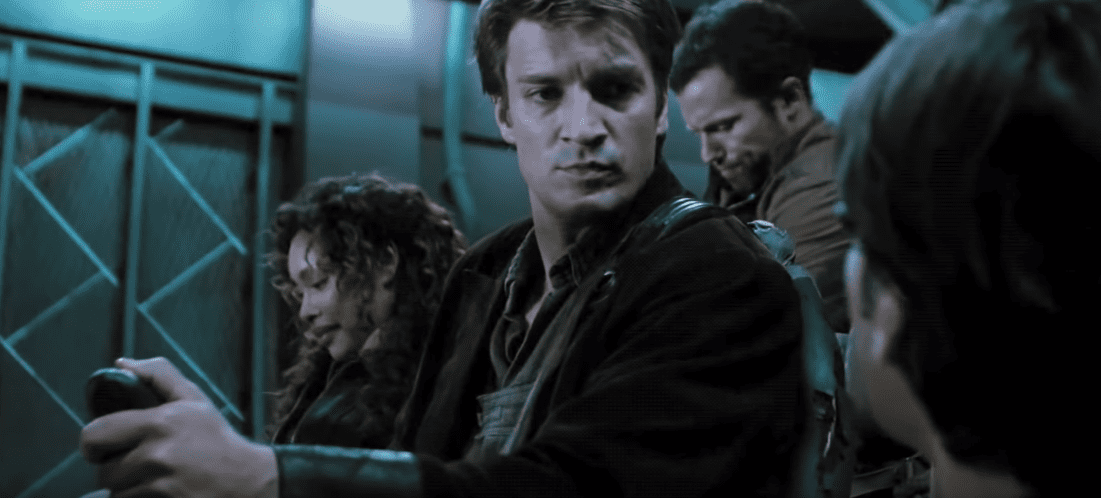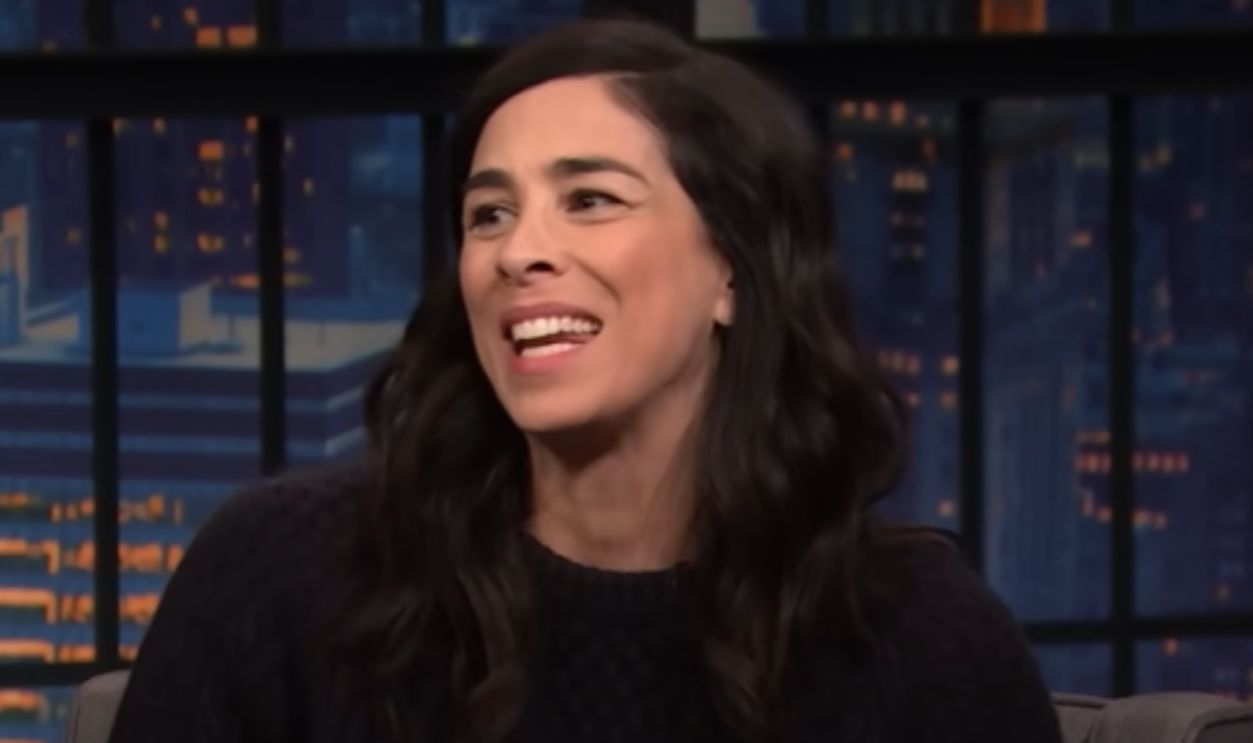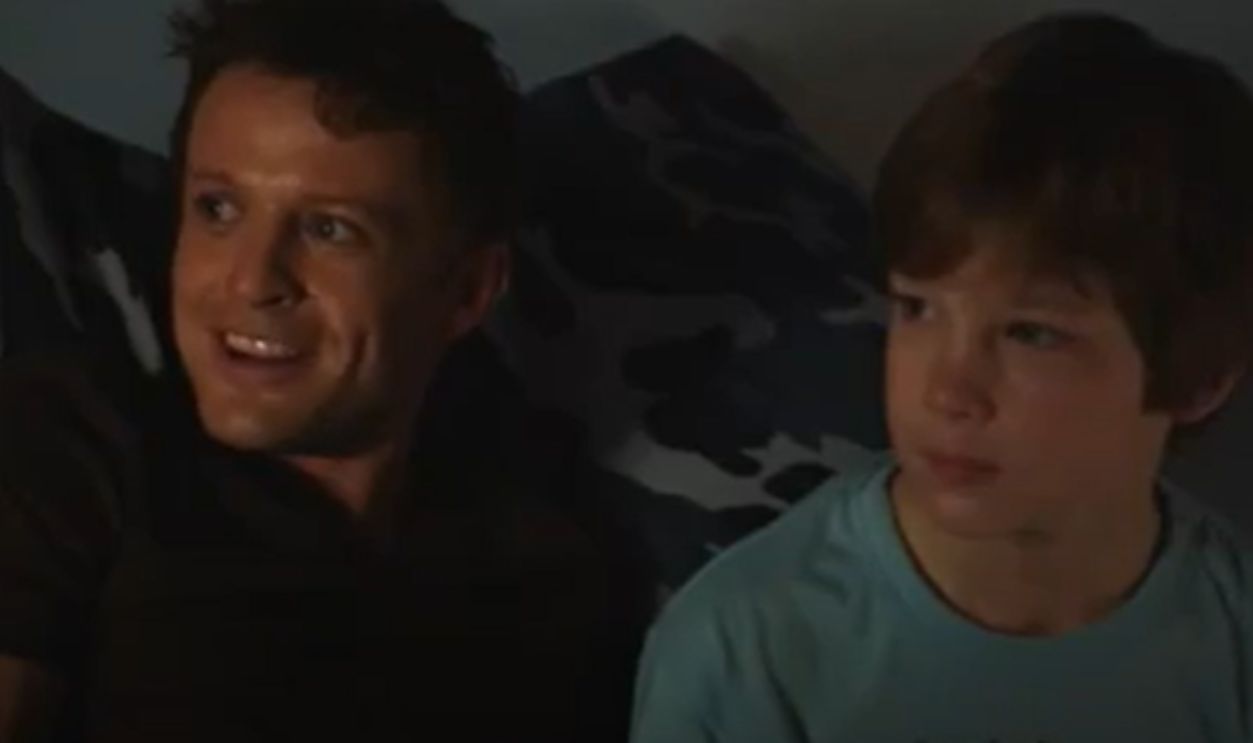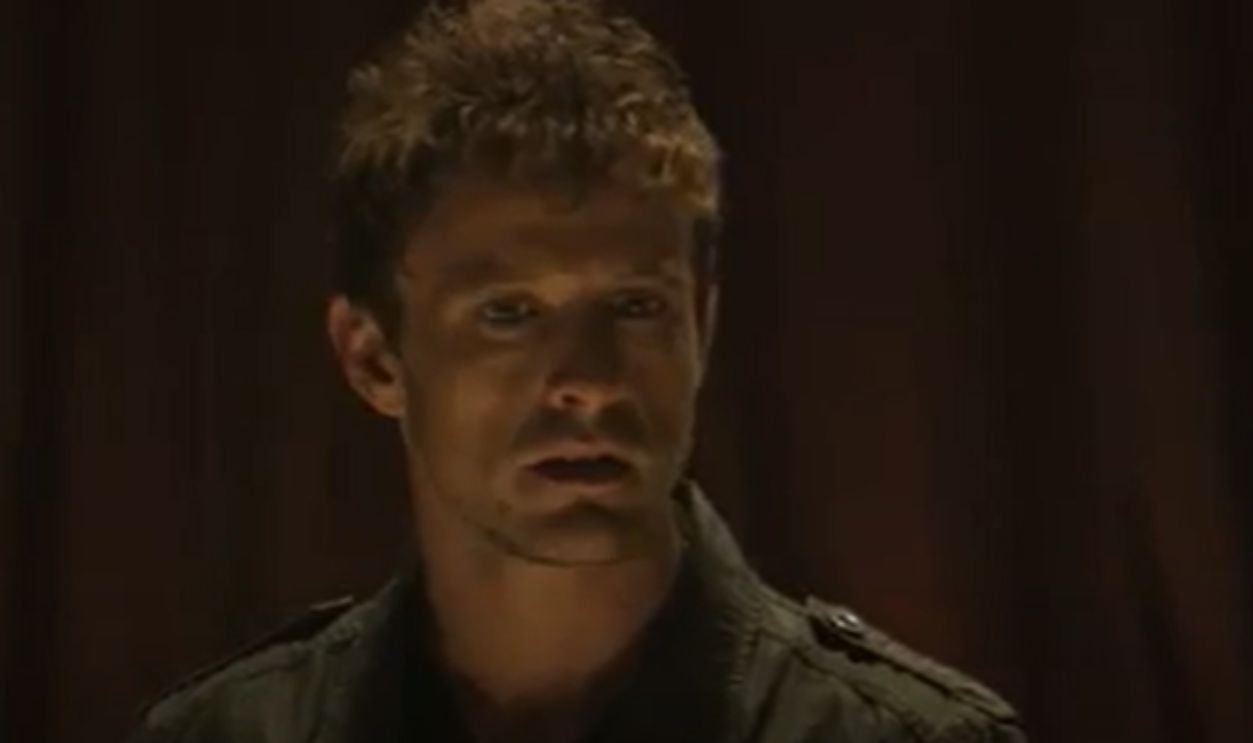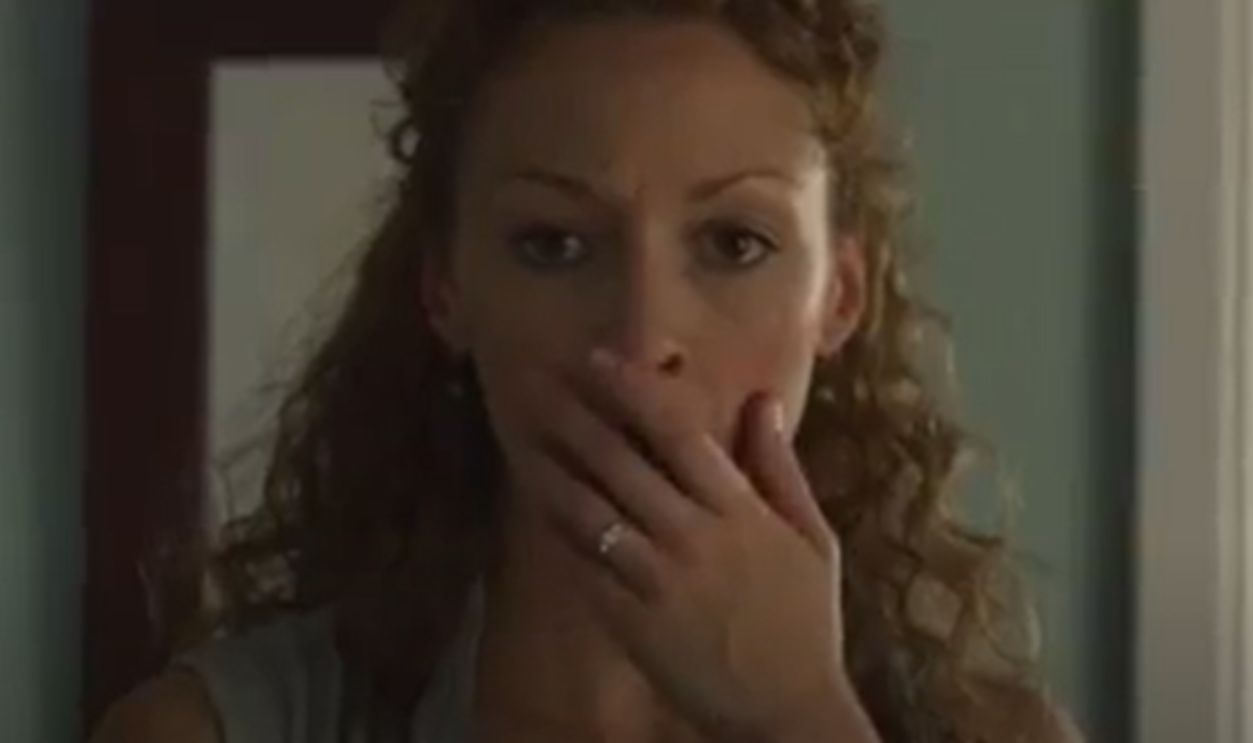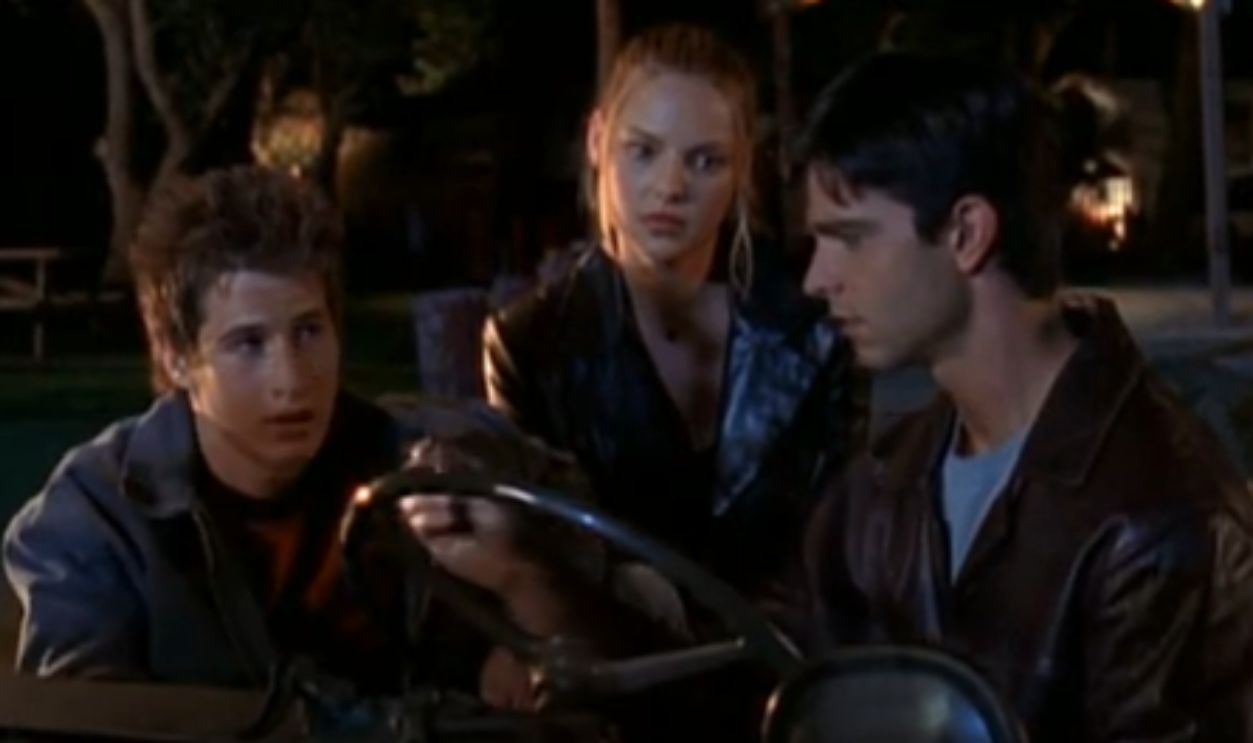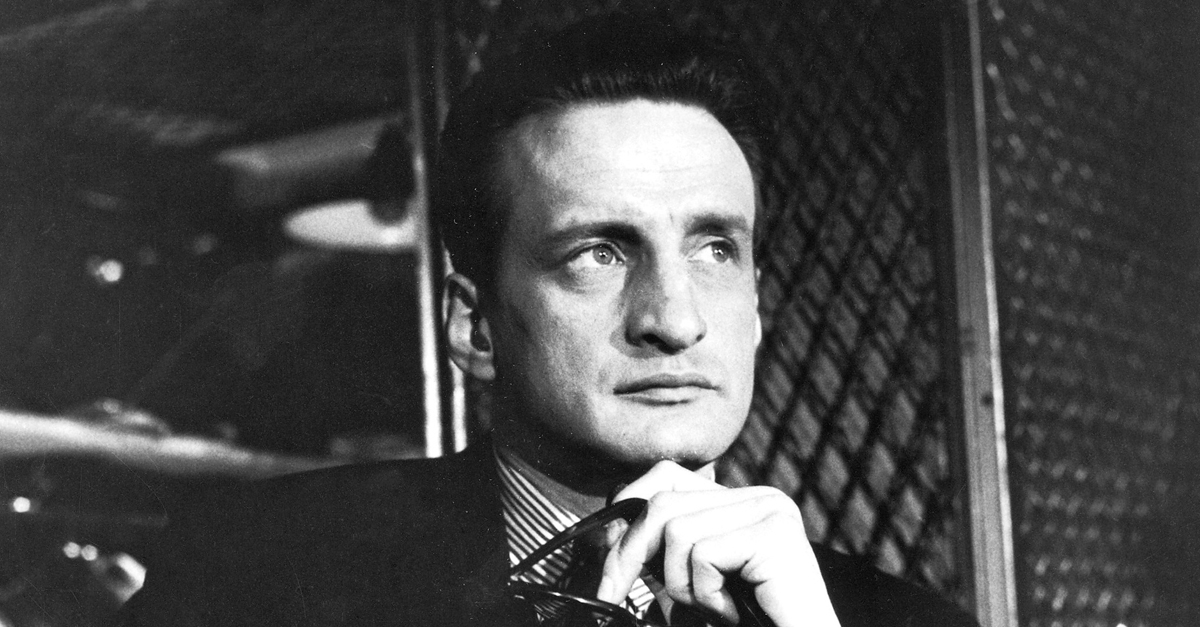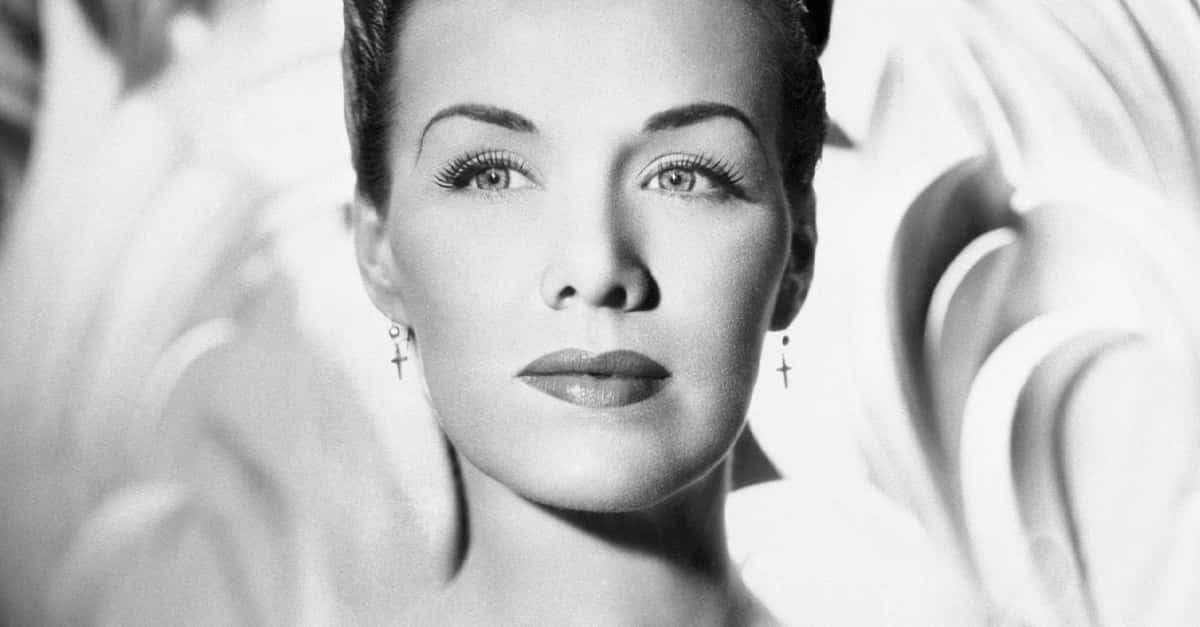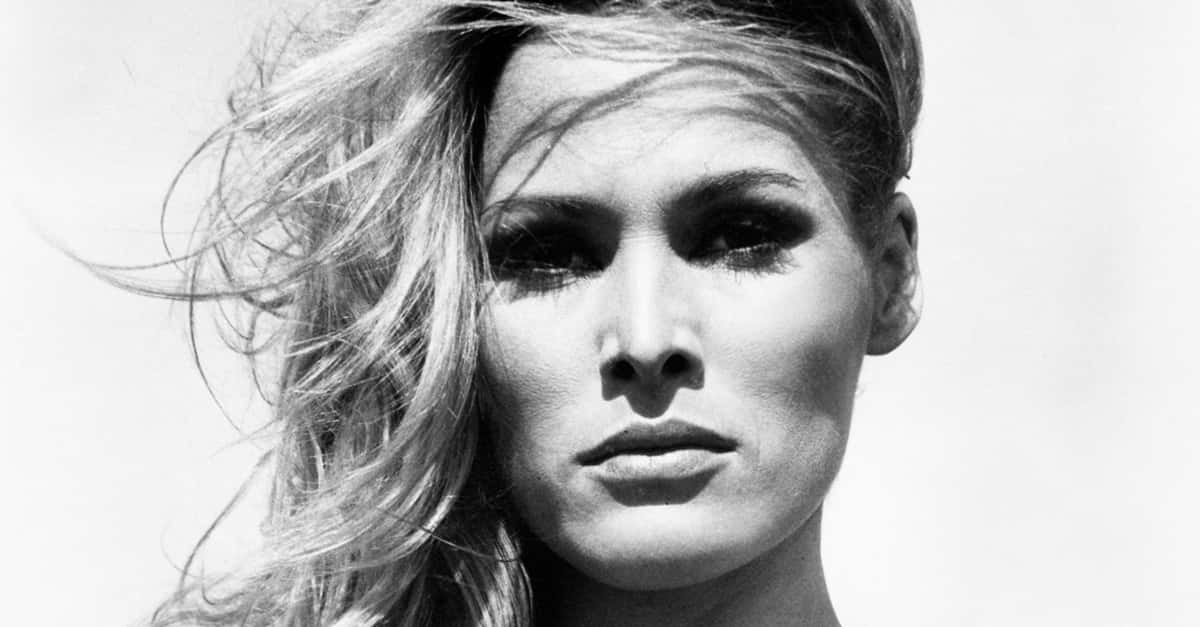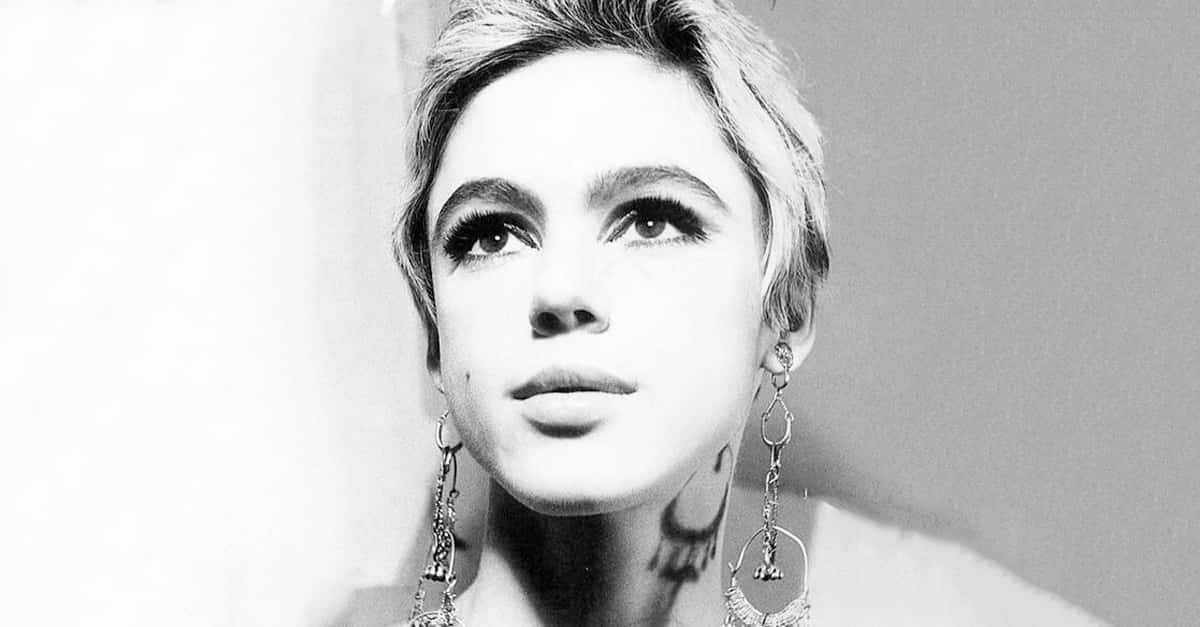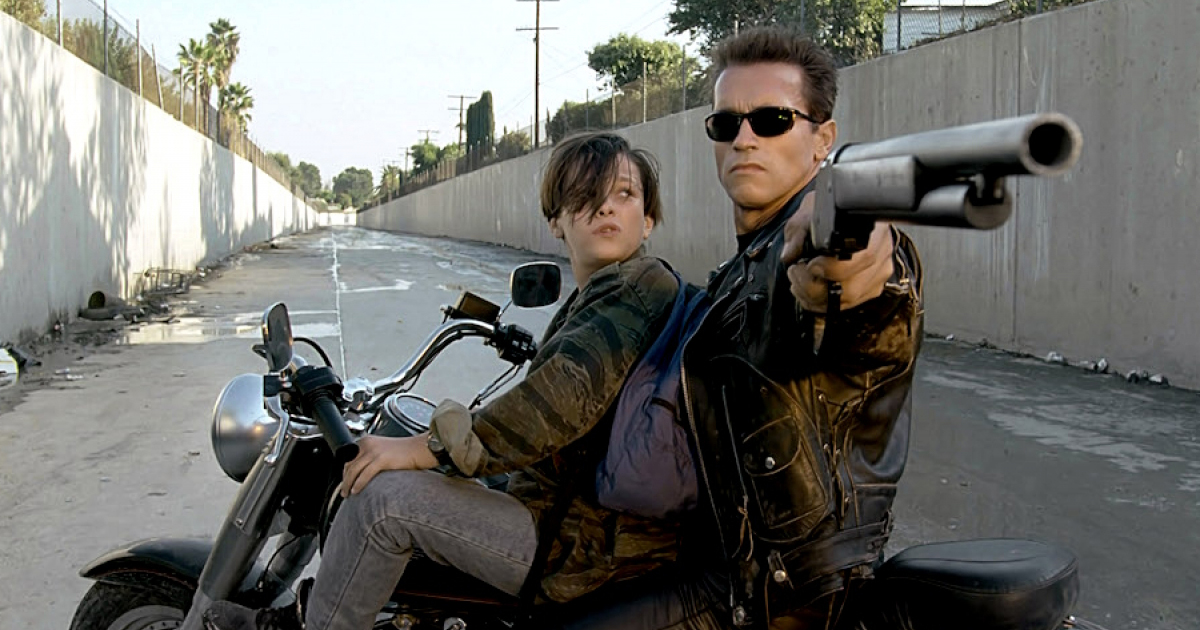These 15 Shows Came, Saw, Unfortunately, Didn't Conquer
Wherever producers and writers get to work on the pilot of any series, the goal is usually to get to the highest number of episodes and seasons. Unfortunately, these 15 met their end quite fast.
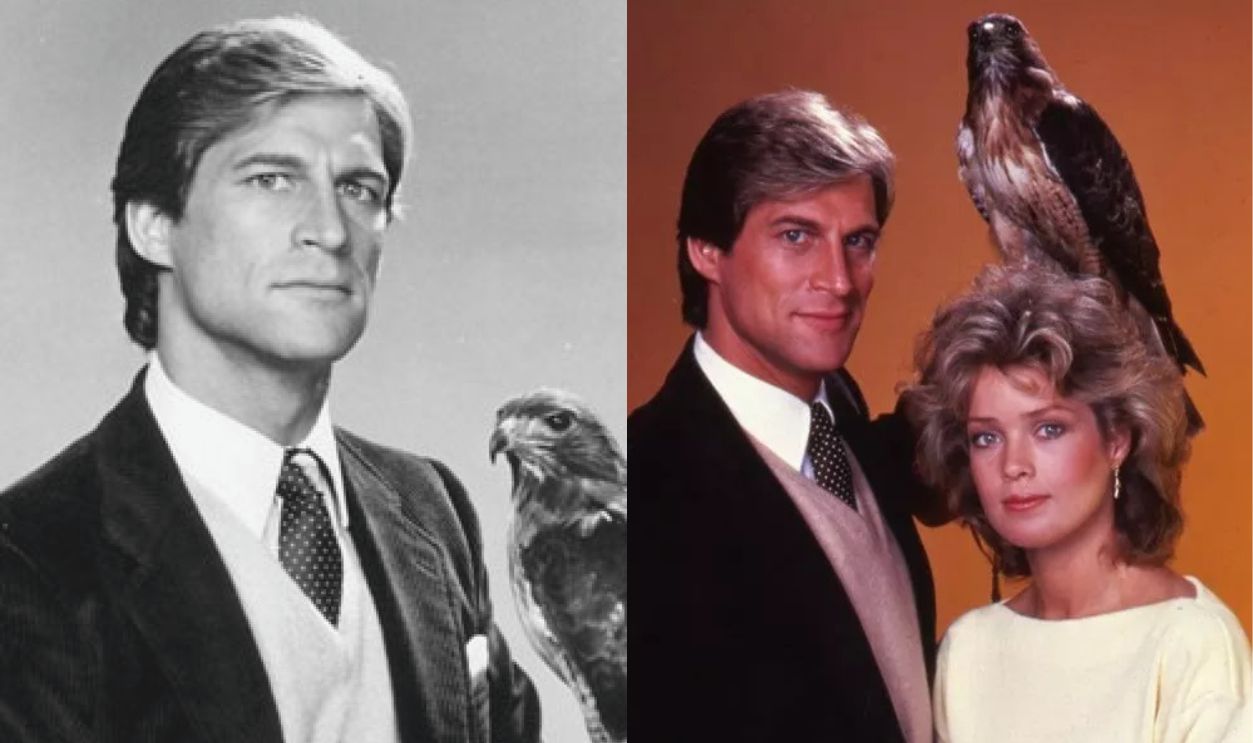
The Hogan Family (1986–1991)
Before it became The Hogan Family, it was called Valerie. The show's initial focal point was Valerie Harper, a working mother of three boys married to an absent pilot husband. After two complete seasons, Valarie left due to a contract dispute, and the show got a new name: Valerie's Family: The Hogans.
 Valerie, Valerie's Family, The Hogan Family - Intros from All Seasons by California Chazz
Valerie, Valerie's Family, The Hogan Family - Intros from All Seasons by California Chazz
The Hogan Family (1986–1991) (Cont).
After Valarie's departure, Sandy Duncan joined in season 3 as the boy's aunt. Fans loved her. She was a surrogate mother who was warm, funny, and her role actually helped make a smooth transition from losing Valerie. In a nutshell, she onboarded a fresh and positive dynamic to the show.
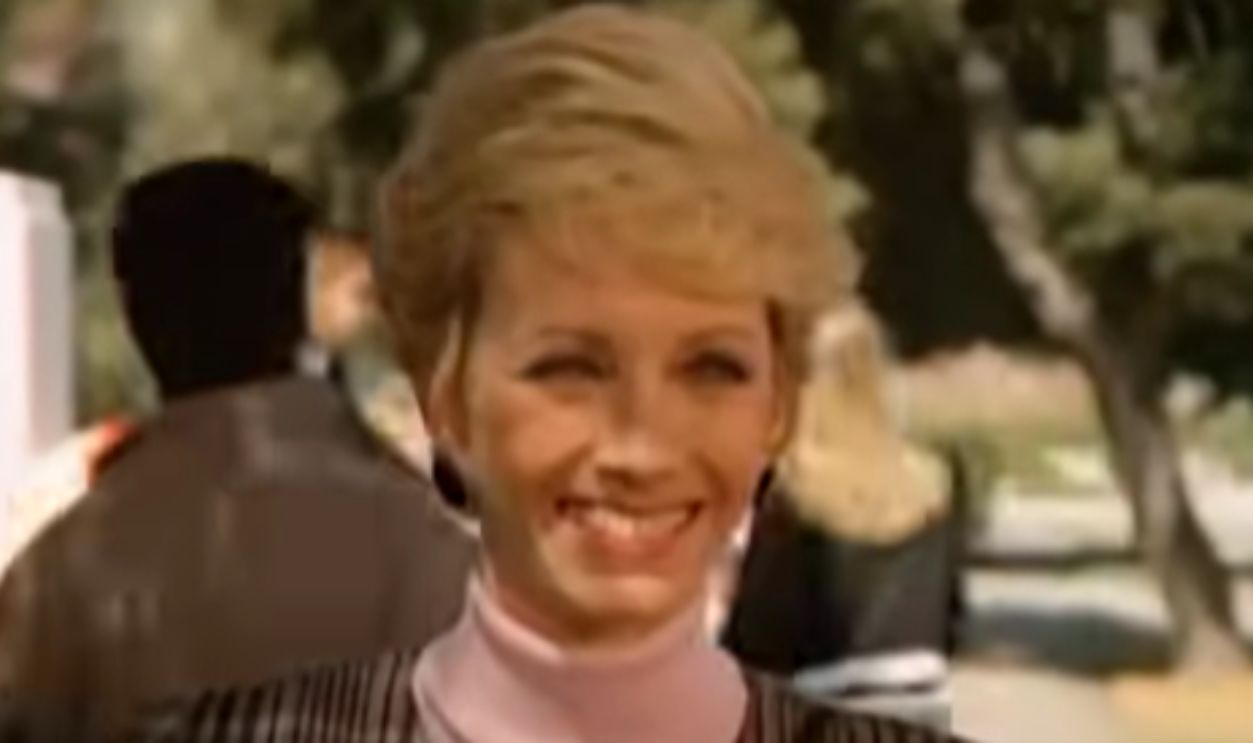 Valerie, Valerie's Family, The Hogan Family - Intros from All Seasons by California Chazz
Valerie, Valerie's Family, The Hogan Family - Intros from All Seasons by California Chazz
The Hogan Family (1986–1991) (Cont).
It was in season four that the show's title finally became The Hogan Family. Yet, even with the rebrand, the show was struggling behind the scenes, with lack of character-audience connections and low ratings. It was alleged that it all started dwindling after Valarie left. The show ended after six seasons.
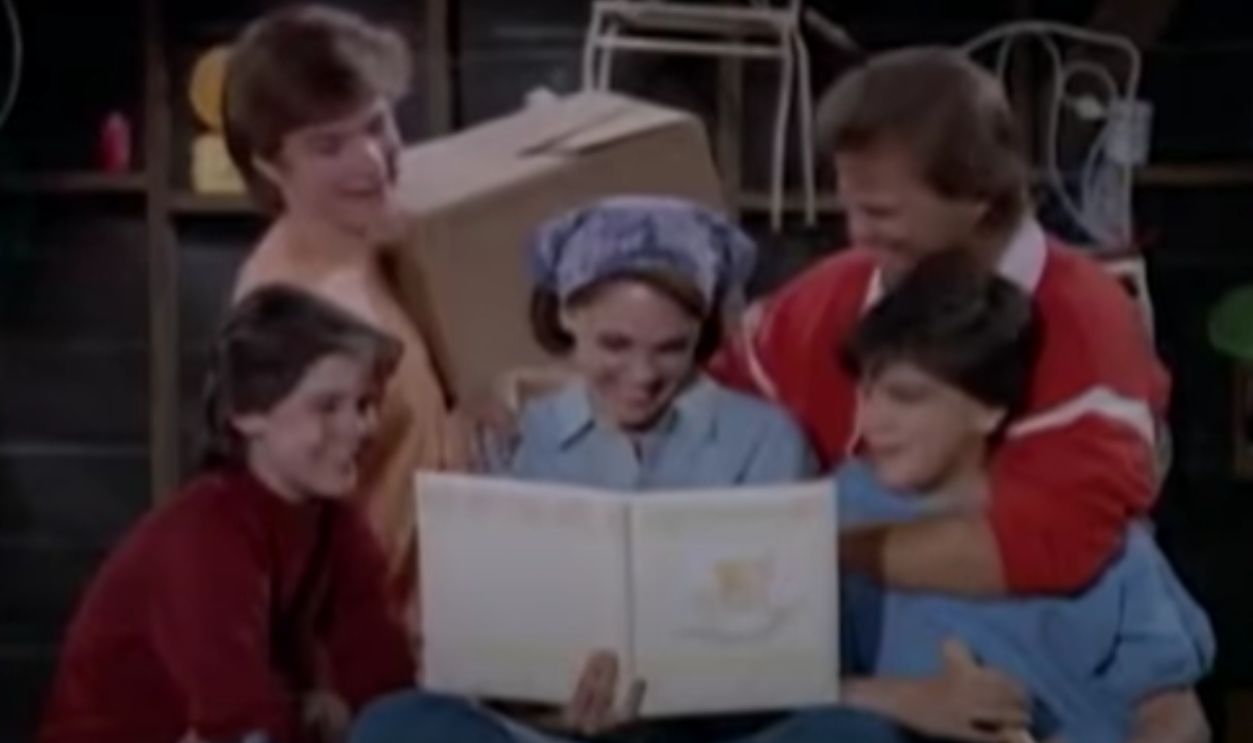 Valerie, Valerie's Family, The Hogan Family - Intros from All Seasons by California Chazz
Valerie, Valerie's Family, The Hogan Family - Intros from All Seasons by California Chazz
Cop Rock (1990)
Have you ever imagined law enforcers bursting into songs at a scene? If not, then you will see it all on this show. In the very first episode of Cop Rock, a mother with an addiction problem bursts into Randy Newman's "Sandman's Coming" to her child. You won't believe why she did so.
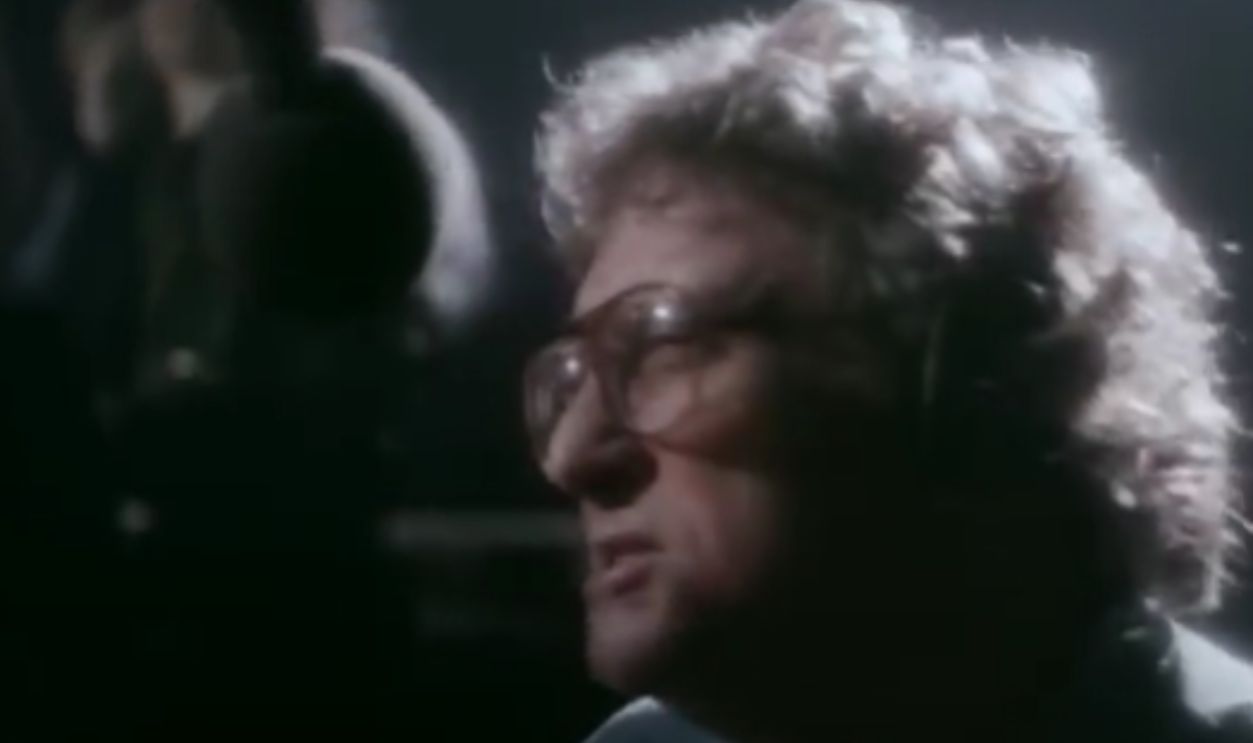 Cop Rock (1990) - Randy Newman, Opening Sequence by Shout! Studios
Cop Rock (1990) - Randy Newman, Opening Sequence by Shout! Studios
Cop Rock (1990) (Cont).
This mum was Patricia Spence, portrayed by Kathleen Wilhoite. She was singing this song right before selling her baby into adoption to support her addiction. The scene was emotional, catchy, and powerful, drawing audiences into what lay ahead. Wondering if she was arrested? Yes, she was.
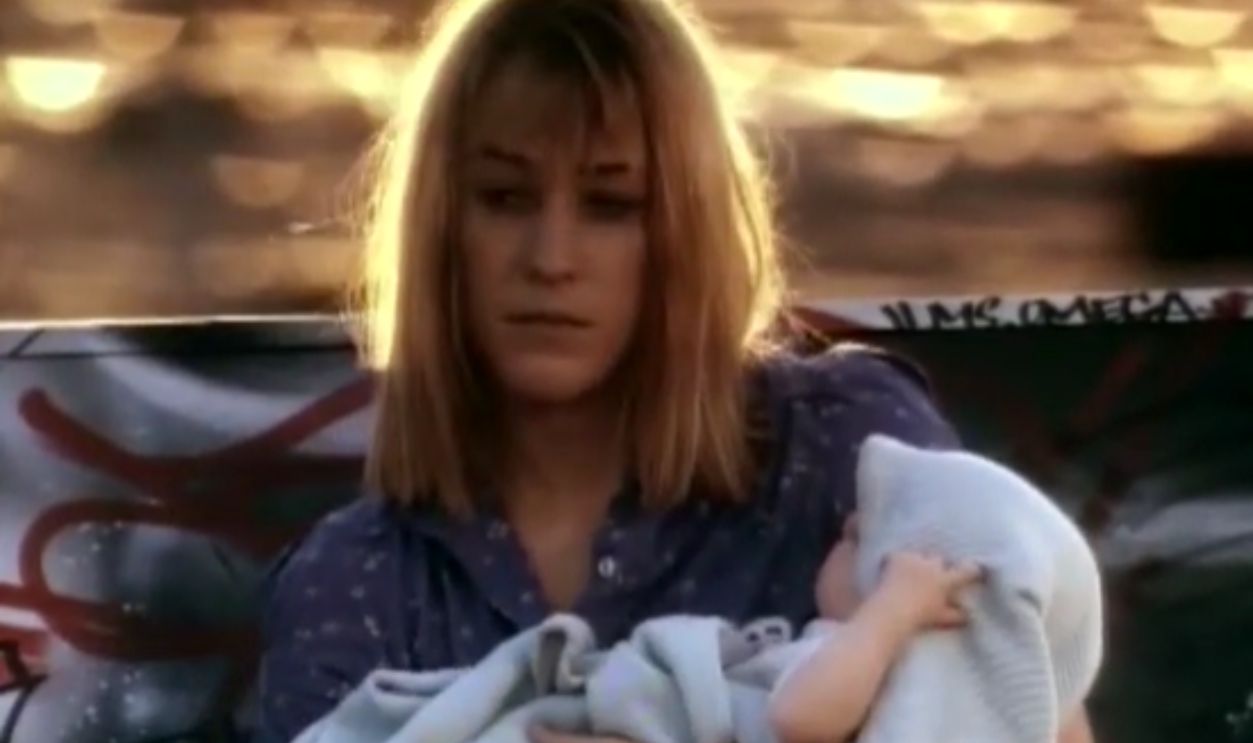 Cop Rock - Sandman [High Quality] by Cop Rock: The Movie
Cop Rock - Sandman [High Quality] by Cop Rock: The Movie
Cop Rock (1990) (Cont).
Cop Rock's approach to a crime drama following the Los Angeles Police Department was unique, and Steven Bochco—the creator—knew so. Unfortunately, as the episodes progressed, the audience found this approach odd, and the show ceased to exist after episode 11 of season 1.
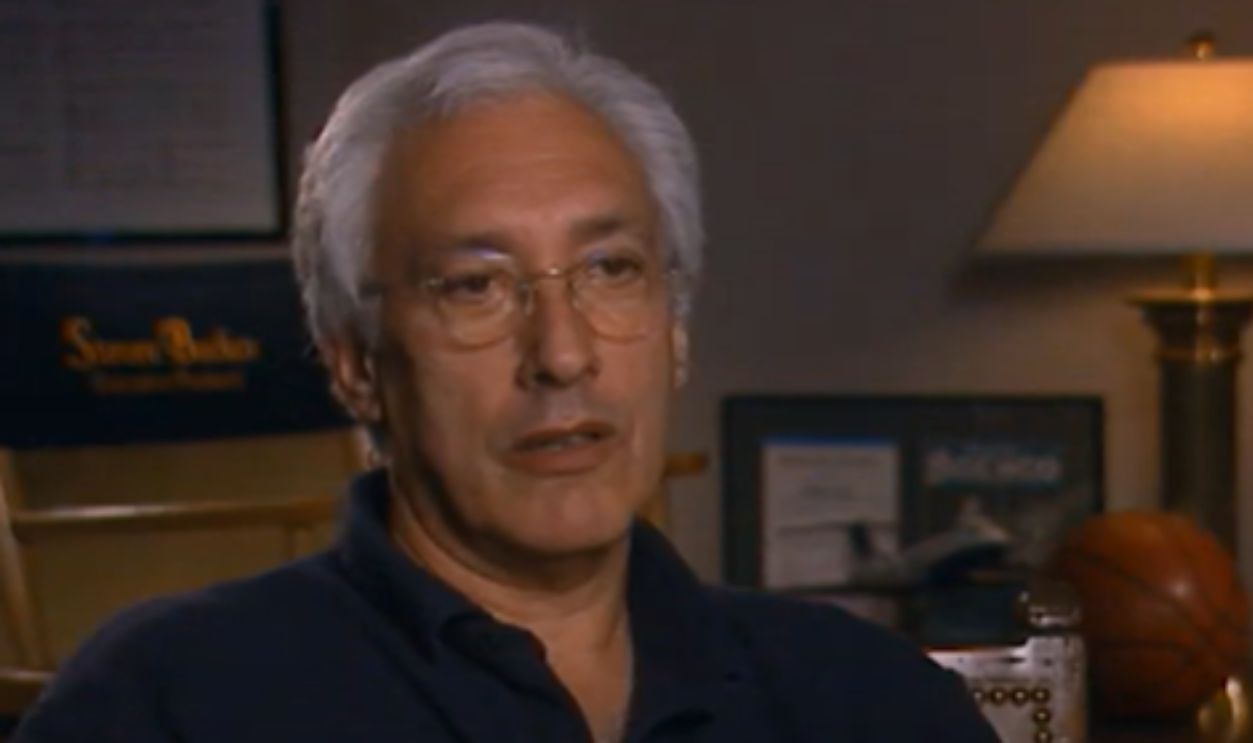 Steven Bochco discusses Cop Rock - EMMYTVLEGENDS.ORG by FoundationINTERVIEWS
Steven Bochco discusses Cop Rock - EMMYTVLEGENDS.ORG by FoundationINTERVIEWS
My Mother The Car (1965–1966)
Imagine losing your mother and then finding out that the car you just bought is a reincarnation of her. Yup, that's what this series was about. In the pilot episode, David Crabtree (played by Jerry Van Dyke) went car shopping and was drawn to a 1928 Porter touring car and he bought it.
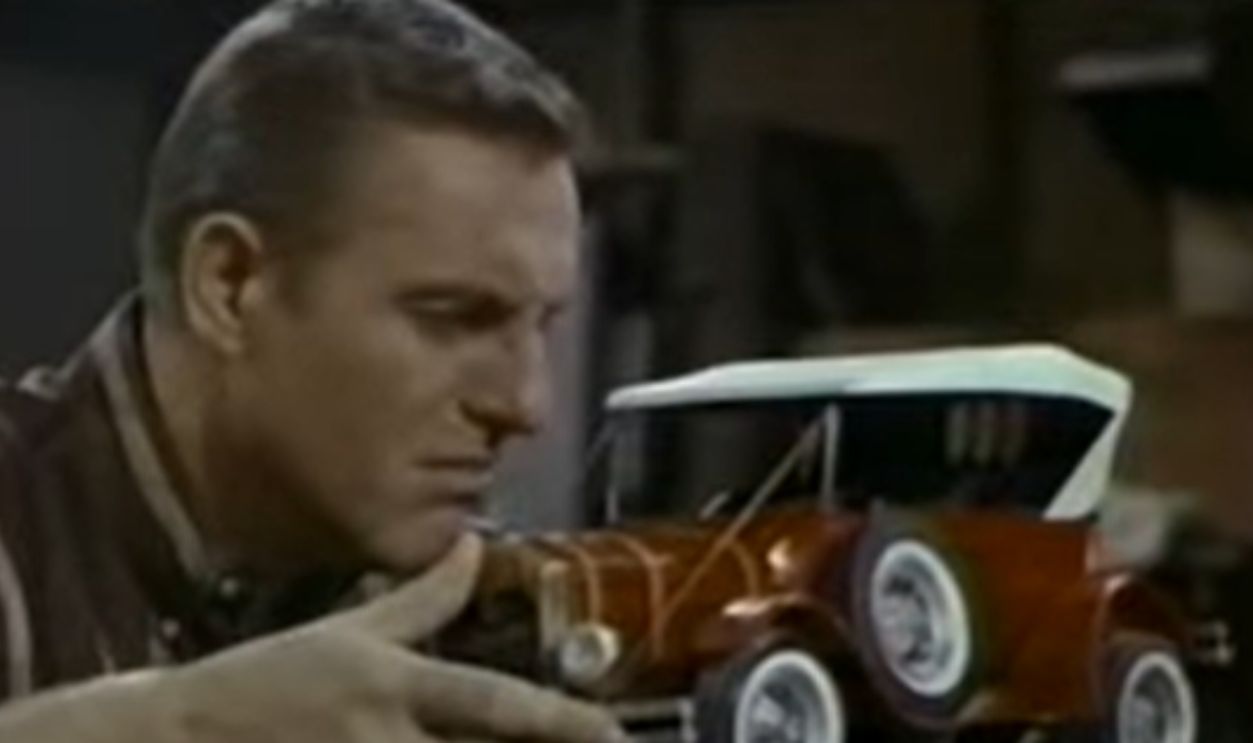 My Mother The Car - 1x19 The Incredible Shrinking Car by killerdinamo08
My Mother The Car - 1x19 The Incredible Shrinking Car by killerdinamo08
My Mother The Car (1965–1966) (Cont).
As anyone would be, David excitedly got into the car. And almost immediately, the radio turns on on its own and voila! It's Mum speaking. This was the first of many encounters with Gladys, his mom, where she offered unsolicited advice and guidance all through the series.
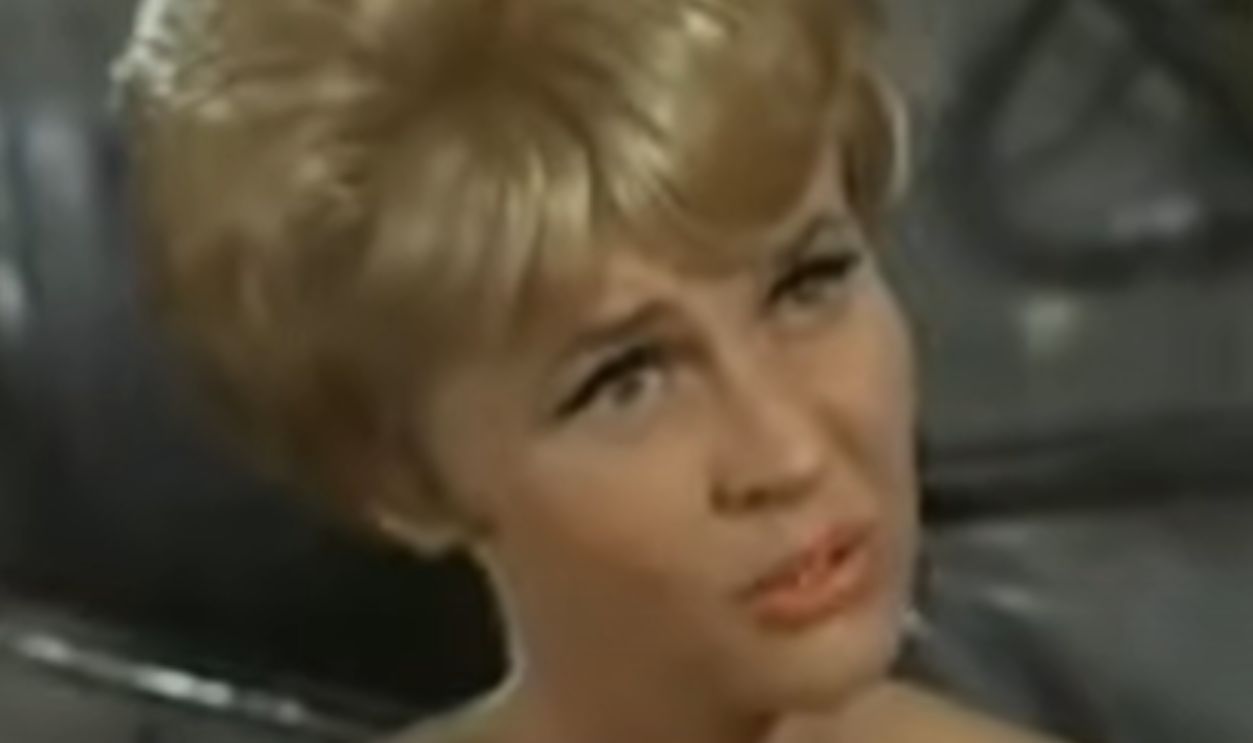 My Mother The Car 1x01 - Come Honk Your Horn by killerdinamo08
My Mother The Car 1x01 - Come Honk Your Horn by killerdinamo08
My Mother the Car (1965–1966) (Cont).
By now, you are thinking, "This must have been a hit," right? Wrong. My Mother, The Car, only made a complete season. The audience thought it was an odd setting, the mother over meddled, and critics weren't the politest bunch. So this led to low ratings and an eventual close of production.
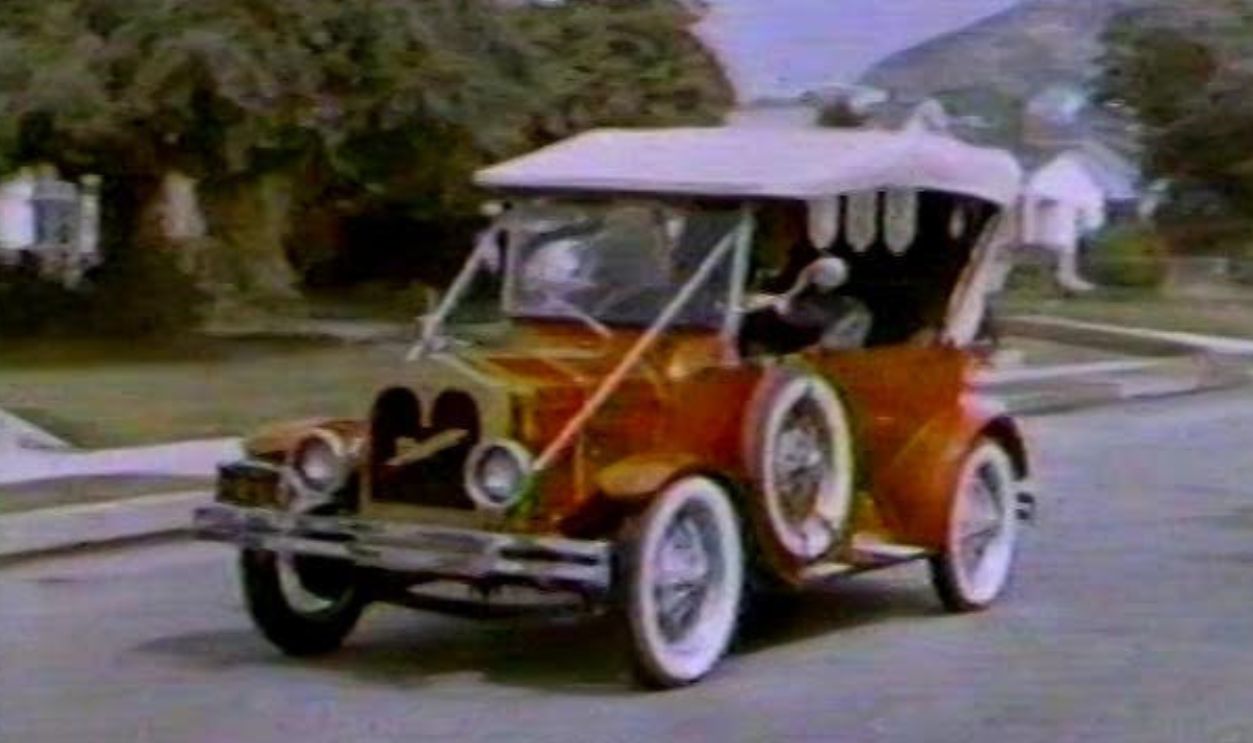 My Mother the Car FULL theme song w/pilot scenes 1965 by BetaGems Lost Media
My Mother the Car FULL theme song w/pilot scenes 1965 by BetaGems Lost Media
The Chevy Chase Show (1993)
In six weeks, people were saying goodbye to The Chevy Chase Show back in 93. The show's concept was amazing—fun, relaxing, and a bit of celebrity gossip. It also included comedy skits and of course, musical performances. The host was the one and only Chevy Chase.
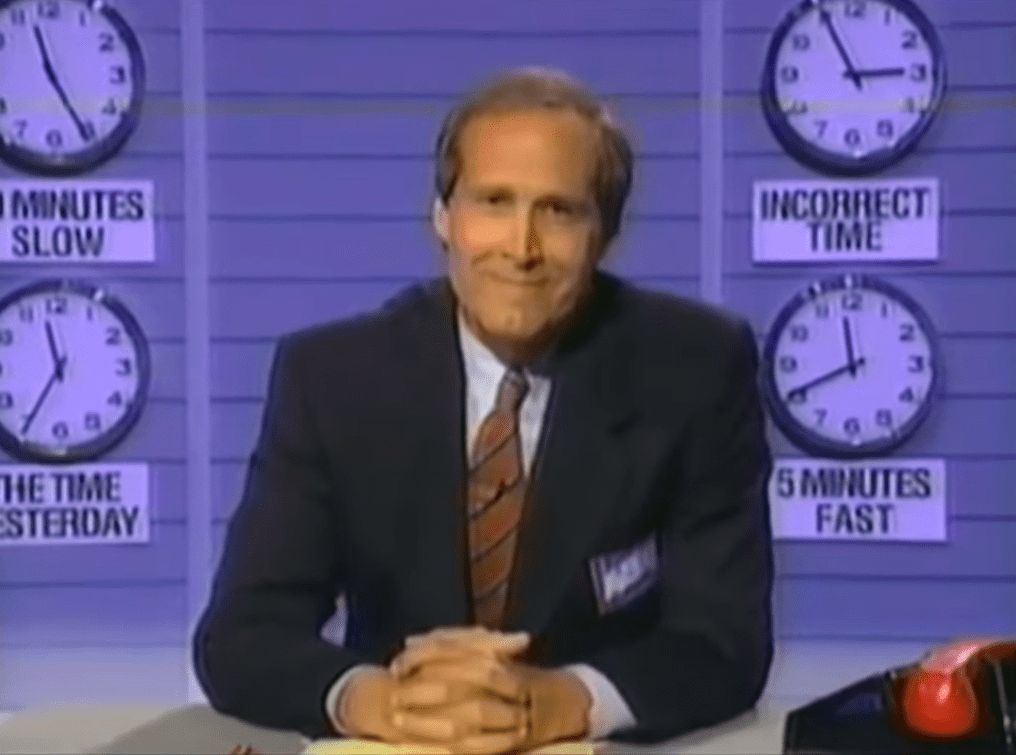 The Chevy Chase Show (1993), Fox
The Chevy Chase Show (1993), Fox
The Chevy Chase Show (1993) (Cont).
The Chevy Chase Show had a lot going on the set—we're talking live fish, a piano desk, basketball hoops, etc. But even with the props on point, talk shows aren't the easiest thing to accomplish. Hosts have to be polite and respectful; Chase struggled a bit on that front.
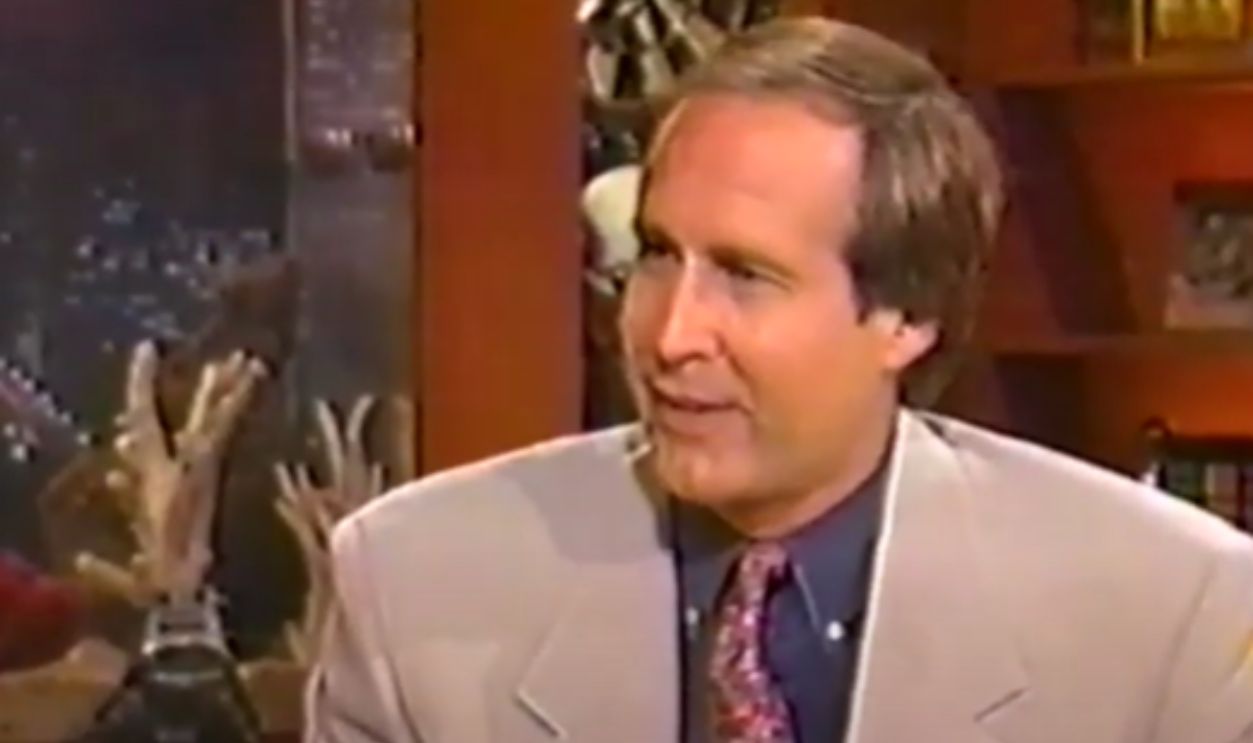 The Chevy Chase Show Episode 10 - Geraldo Rivera, Deborah Allen by Vhs Archives
The Chevy Chase Show Episode 10 - Geraldo Rivera, Deborah Allen by Vhs Archives
The Chevy Chase Show (1993) (Cont).
This show had its fair share of hits. The premier on September 7, 1993, had guests like Goldie Hawn and Whoopi Goldberg, whom audiences loved. Flops? The show with Bernsen calling the show "cheap" and storming out. Cancellation reasons were low talk show experience, poor ratings, and negative reviews.
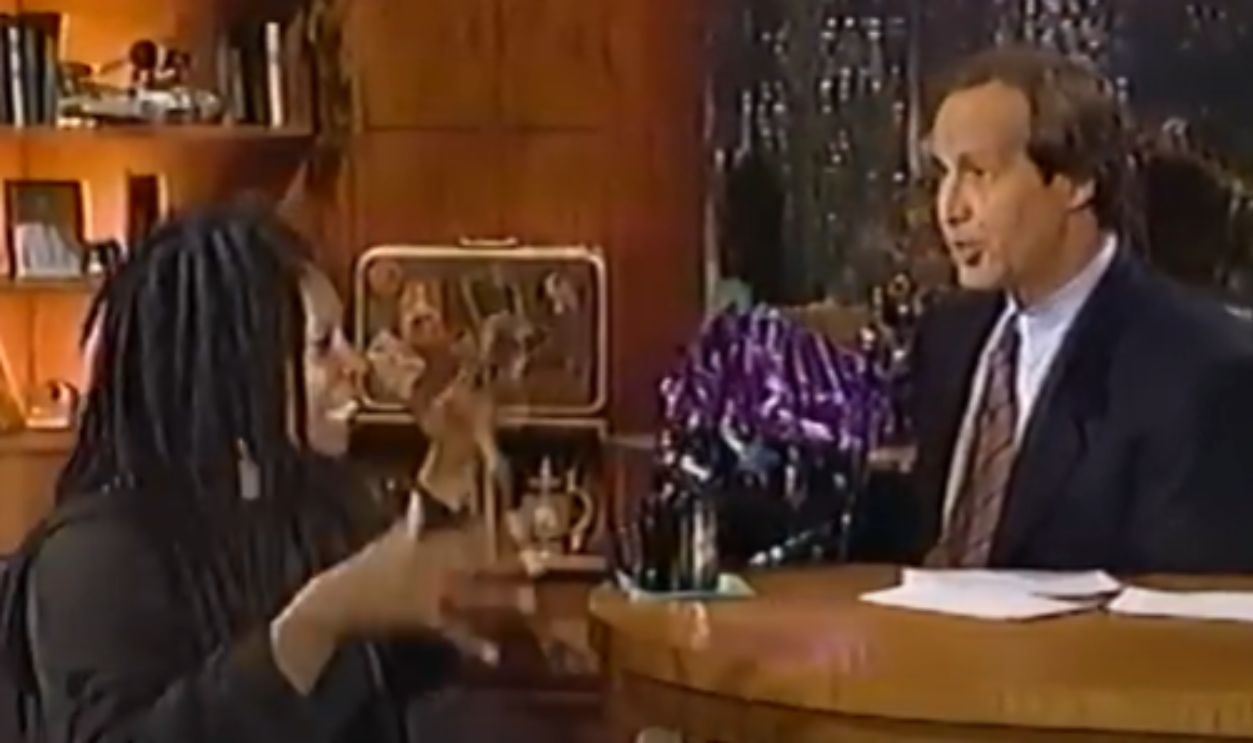 WHOOPI & GOLDIE - HILARIOUS INTERVIEW by MyTalkShowHeroes
WHOOPI & GOLDIE - HILARIOUS INTERVIEW by MyTalkShowHeroes
The Dana Carvey Show (1996)
Ah, another comedy talk show hosted by Dana Carvey. By the way, what was the deal with naming a show after a host? Anyway, let's keep going. This show had a blend of pop culture, political satire, and absurd humor. Over its short-lived seven episodes, they had quite a bit of controversial sketches.
The Dana Carvey Show (1996) (Cont).
Controversy no. 1: The very first episode was Dana Carvey dressed as President Bill Clinton, and the character was breastfeeding a baby, a kitten, and puppies. This was a production fail that people did not find funny at all. Even though the goal was to set the tone, people thought, "Why"?
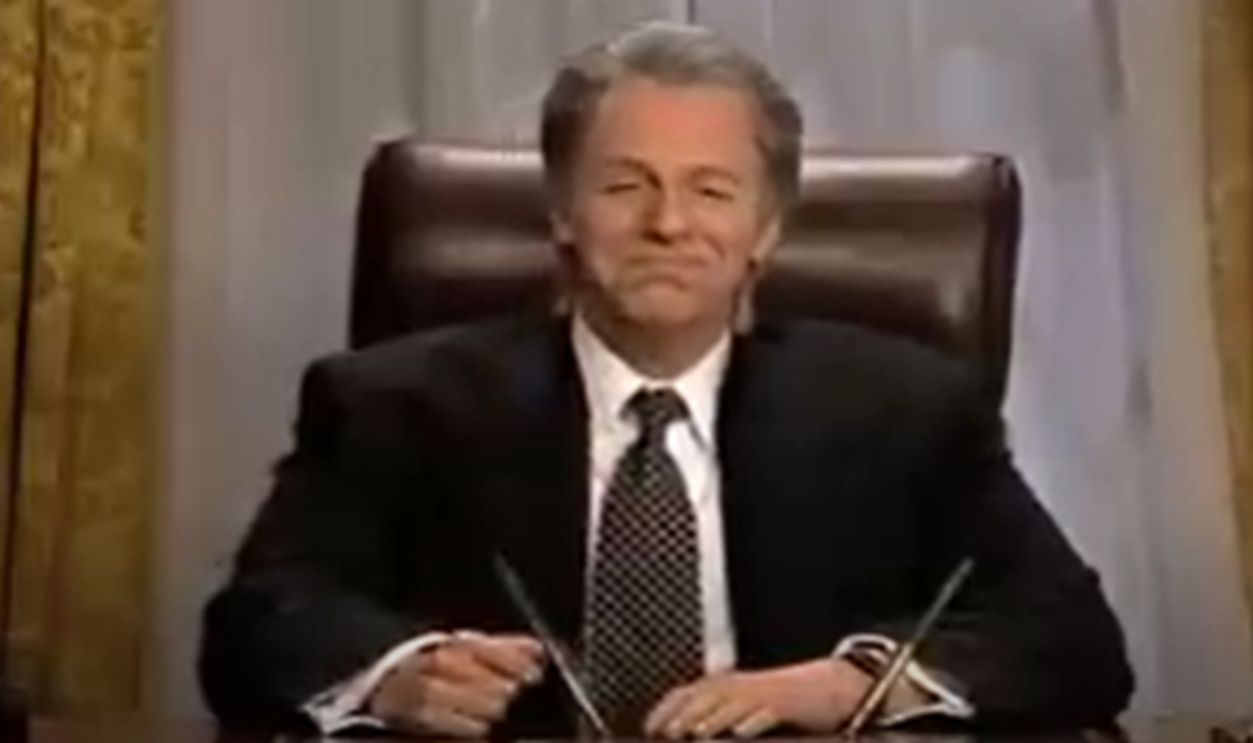 President Clinton's Teats by Rockvision
President Clinton's Teats by Rockvision
The Dana Carvey Show (1996) (Cont).
If you think this show's controversies ended at that, boy, was it only the beginning. There was also the skit on Waiters Who Are Nauseated By Food, then the Skinheads from Maine, and Airport Security, which really weren't their best works. The show never recovered from the backlash and was sent packing.
The Shannara Chronicles (2016–2017)
In this production based on the Terry Brooks' Shannara novels, there were three heroes—Wil Ohmsford, Amberle Elessedil, and Eretria. Their quest was to protect an ancient tree that keeps demons away in the Four lands called the Ellcrys. Their work was easy, keeping the tree alive.
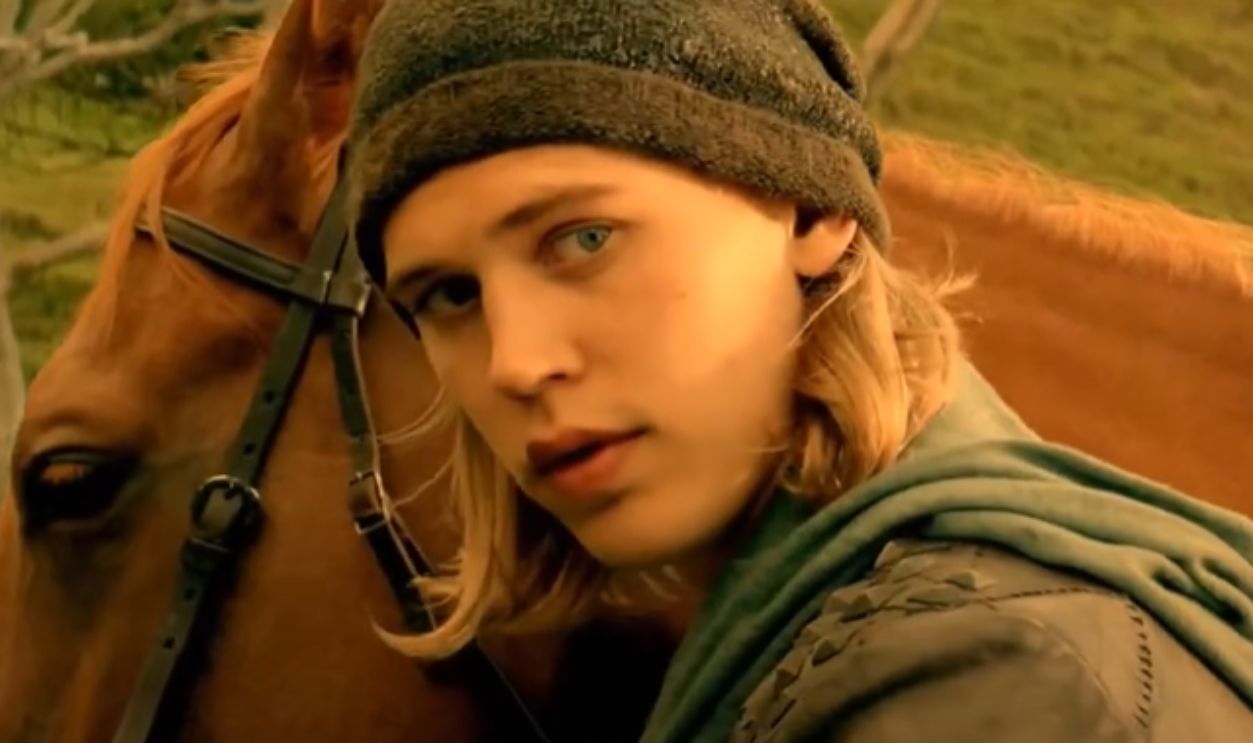 Shannara Chronicles | Personagens - Wil Ohmsford by Shannara Chronicles
Shannara Chronicles | Personagens - Wil Ohmsford by Shannara Chronicles
The Shannara Chronicles (2016–2017) (Cont).
Allanon, the last druid, was their help for this quest. The setting was an post-apocalyptic world where humans had become Elves, Dwarves, and Trolls. They had to protect the tree because it was dying, which would welcome demons from the Forbidding.
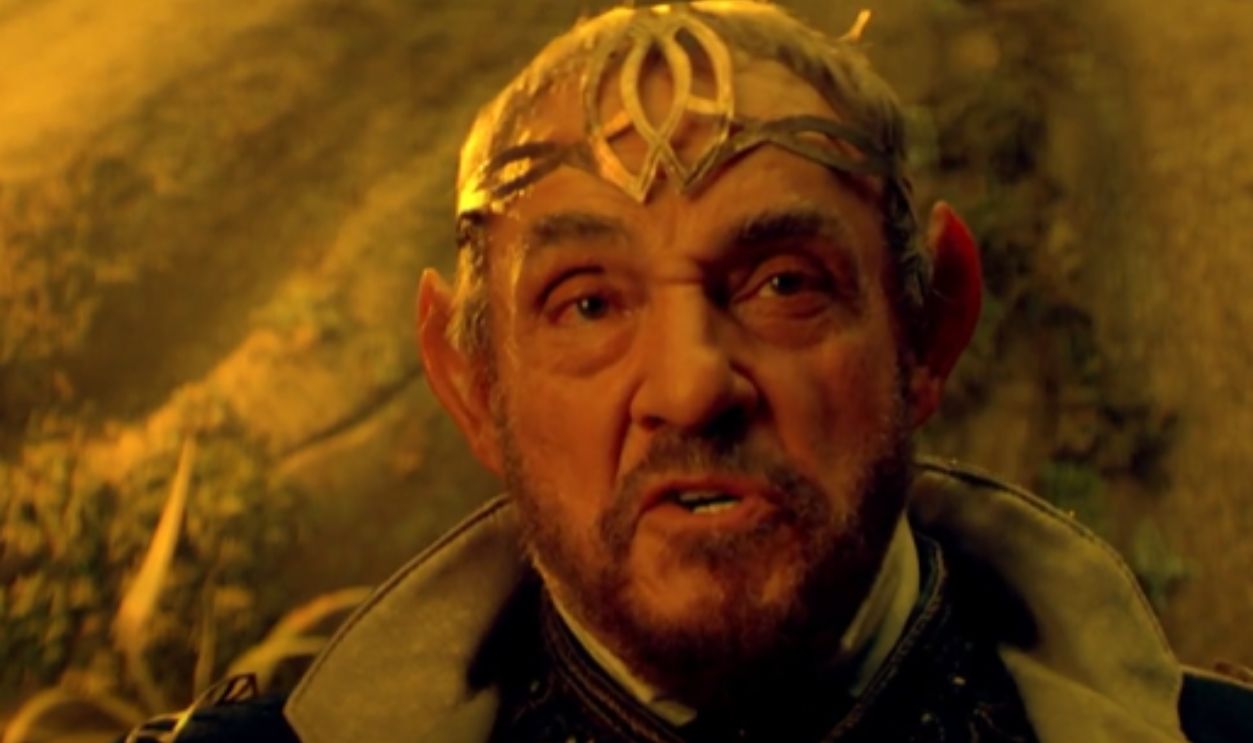 The Shannara Chronicles Comes to Spike by Paramount Network
The Shannara Chronicles Comes to Spike by Paramount Network
The Shannara Chronicles (2016–2017) (Cont).
This series never captured audiences and so it had to come to an end. Poor scripting, character development, and a forced romantic subplot were some of the reasons this series just faded into oblivion. It just proves that some creations fit a certain world. In this case, literature, not screen.
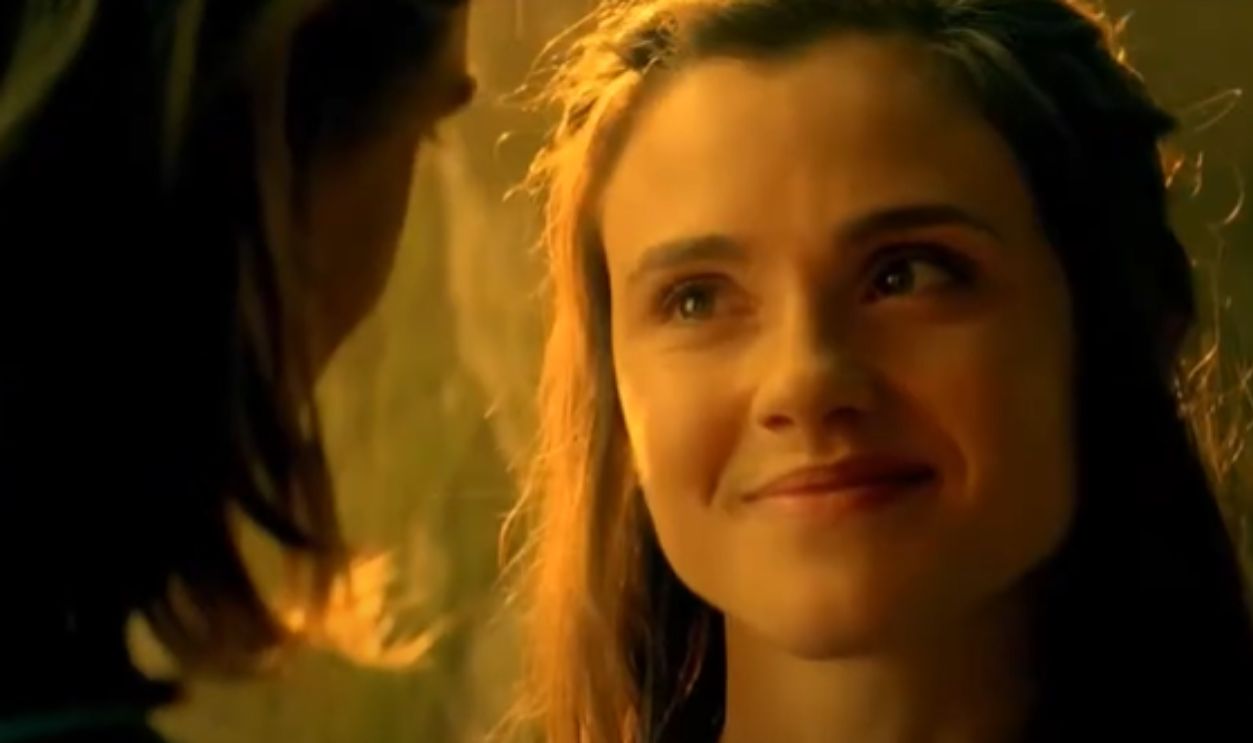 Shannara Chronicles | Personagens - Wil Ohmsford by Shannara Chronicles
Shannara Chronicles | Personagens - Wil Ohmsford by Shannara Chronicles
The Lone Gunmen (2001–2002)
Remember how X-Files got us all on the edge of our seats when John Byers, Melvin Frohike, and Richard Langly did their thing? The Lone Gunmen was its spin-off. This time, though, they blended comedy and drama into the mystery. It has the same idea, built with a comic undertone.
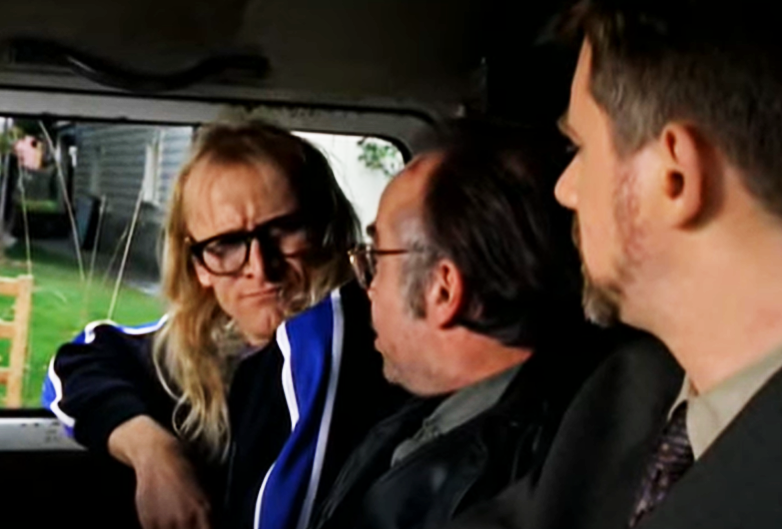 Twentieth Century, The Lone Gunmen (2001)
Twentieth Century, The Lone Gunmen (2001)
The Lone Gunmen (2001–2002) (Cont).
For a while it was all well as seen in the series finale episode "All About Yves" where the Gunmen working with Morris Fletcher were uncovering a list of false flag operations. The audience loved it because of the plot and the resolution of the cliffhanger ending—but it was short lived.
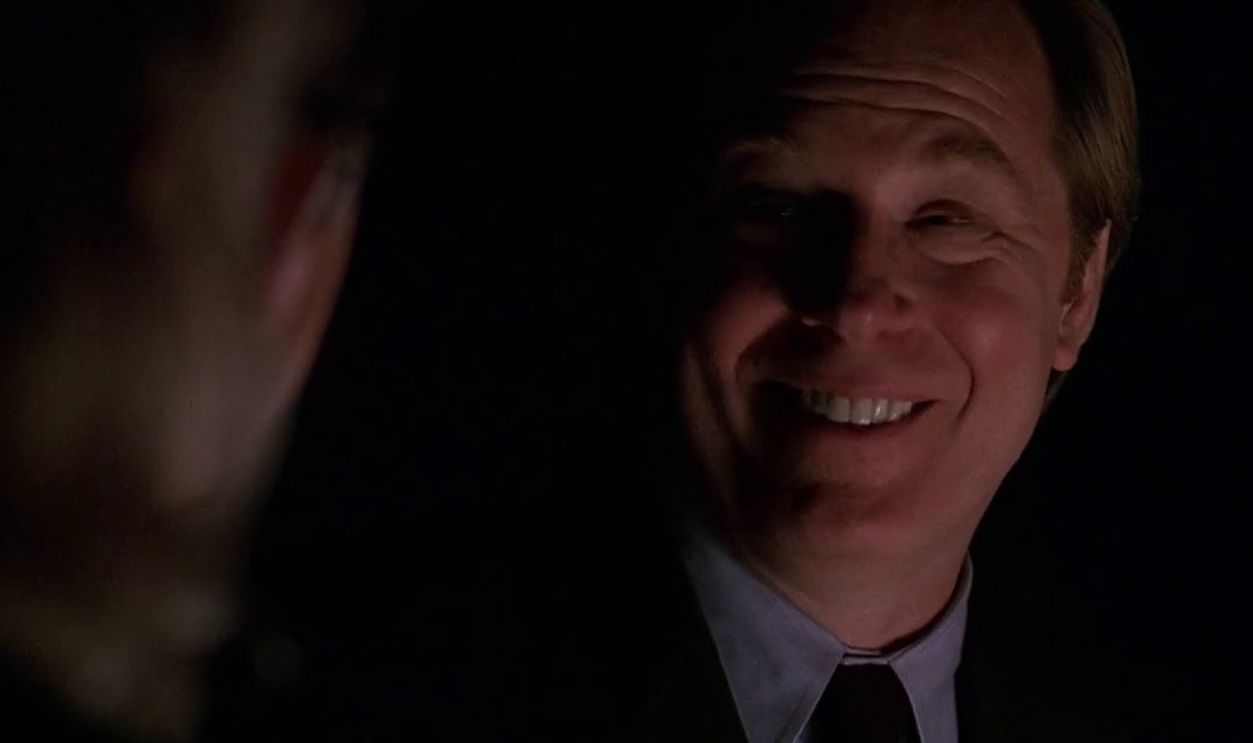 The X-Files - The Lone Gunmen meet Morris Fletcher [6x05 - Dreamland II] by Artem Baranov
The X-Files - The Lone Gunmen meet Morris Fletcher [6x05 - Dreamland II] by Artem Baranov
The Lone Gunmen (2001–2002) (Cont).
Even though it all seemed to be okay, the show had low ratings right from the beginning such that the dedicated fanbase couldn't help. Others loved it; others preferred the original. The show met its end after just one season, with the final airing in June 2001.
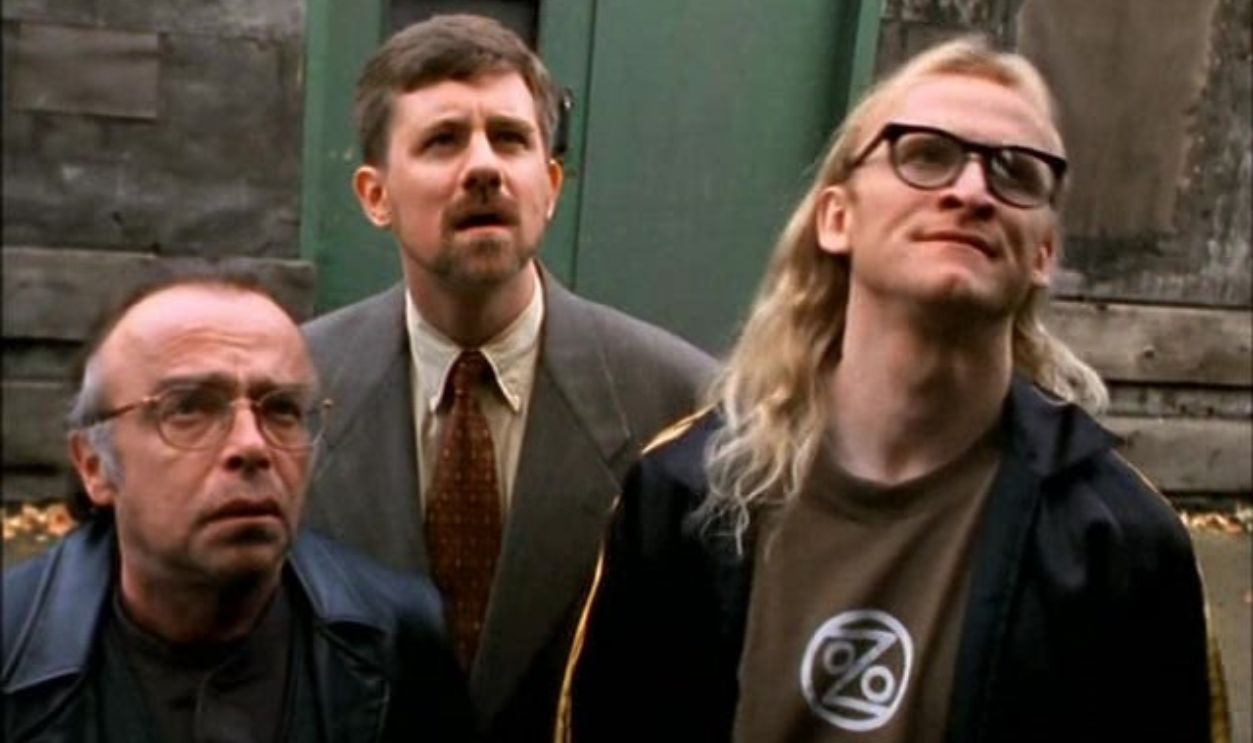 The X-Files: The Lone Gunmen (Documentary) by The X-Files Forever
The X-Files: The Lone Gunmen (Documentary) by The X-Files Forever
Hee Haw Honeys (1978–1979)
Spin-offs are usually highly anticipated because they are meant to add to the excitement of the old series. But in this case, not so much. Audiences thought the show was unoriginal and that it had a weak storyline—that just wouldn't cut it. Curious as to how it all started?
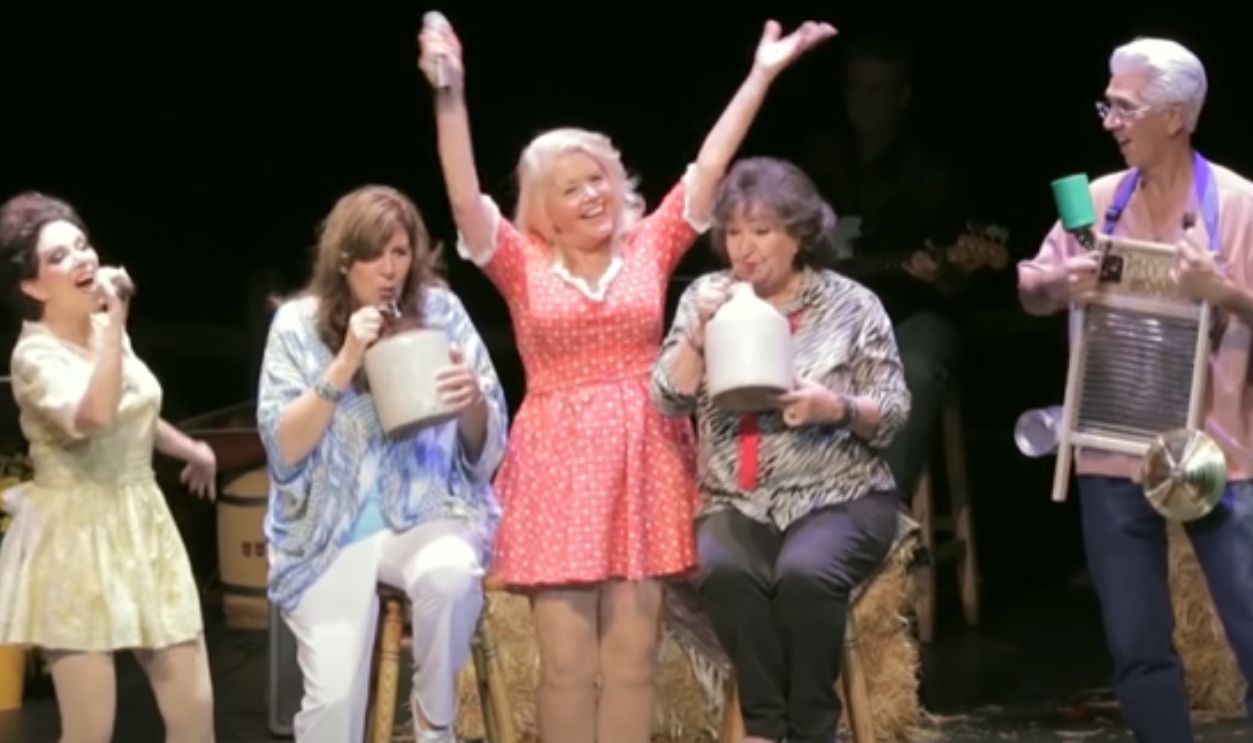 HEE HAW HONEY REUNION 1 by kerker dine
HEE HAW HONEY REUNION 1 by kerker dine
Hee Haw Honeys (1978–1979) (Cont).
The original Hee Haw Honeys was set in the fictional rural community of Kornfield Kounty. It was hosted by country music stars Buck Owens and Roy Clark, and it featured corny comedy skits that the audience had loved and cherished for over two decades. Episode 3, season 1 with George Jones, was a major hit.
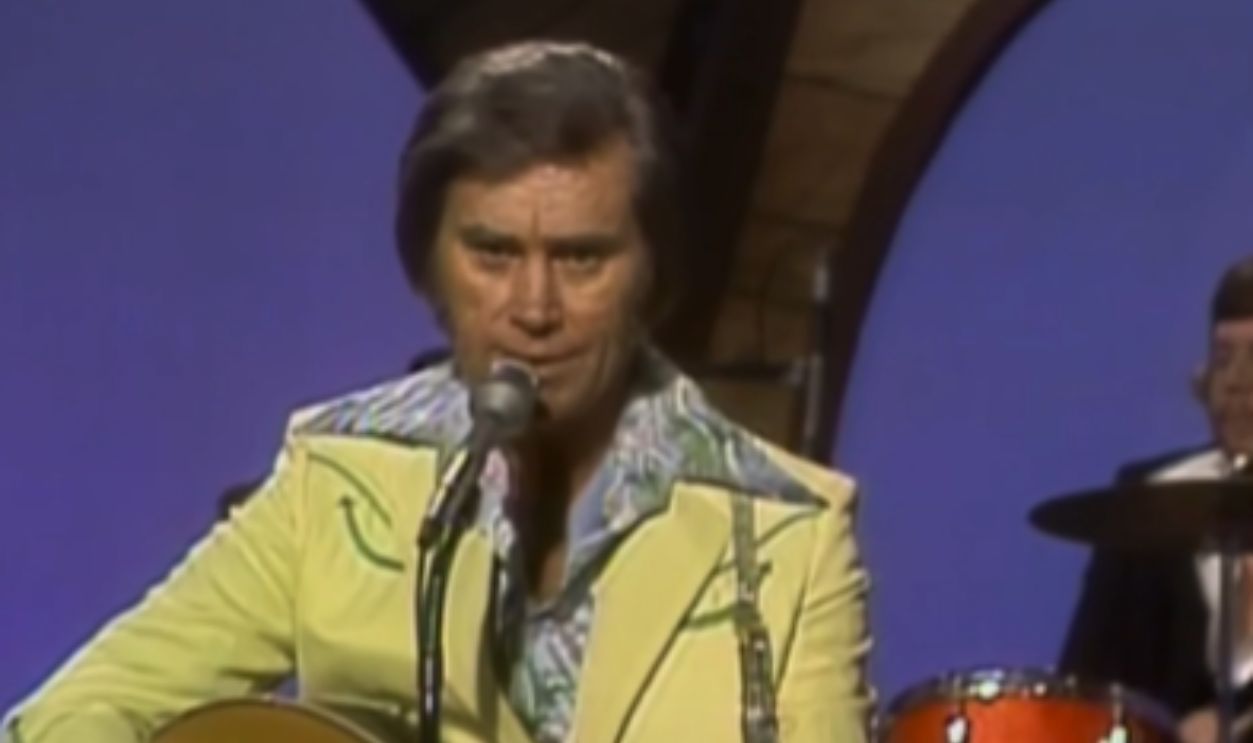 George Jones Hee Haw by Matt Gumm
George Jones Hee Haw by Matt Gumm
Hee Haw Honeys (1978–1979) (Cont).
The problem? They changed the show's format from blending country music with comedy skits to a storyline set. The spin-off now had Lulu Roman and Misty Rowe running a roadside diner on scripted plots. The country music performances were still there, but the narrative-driven change led to low ratings.
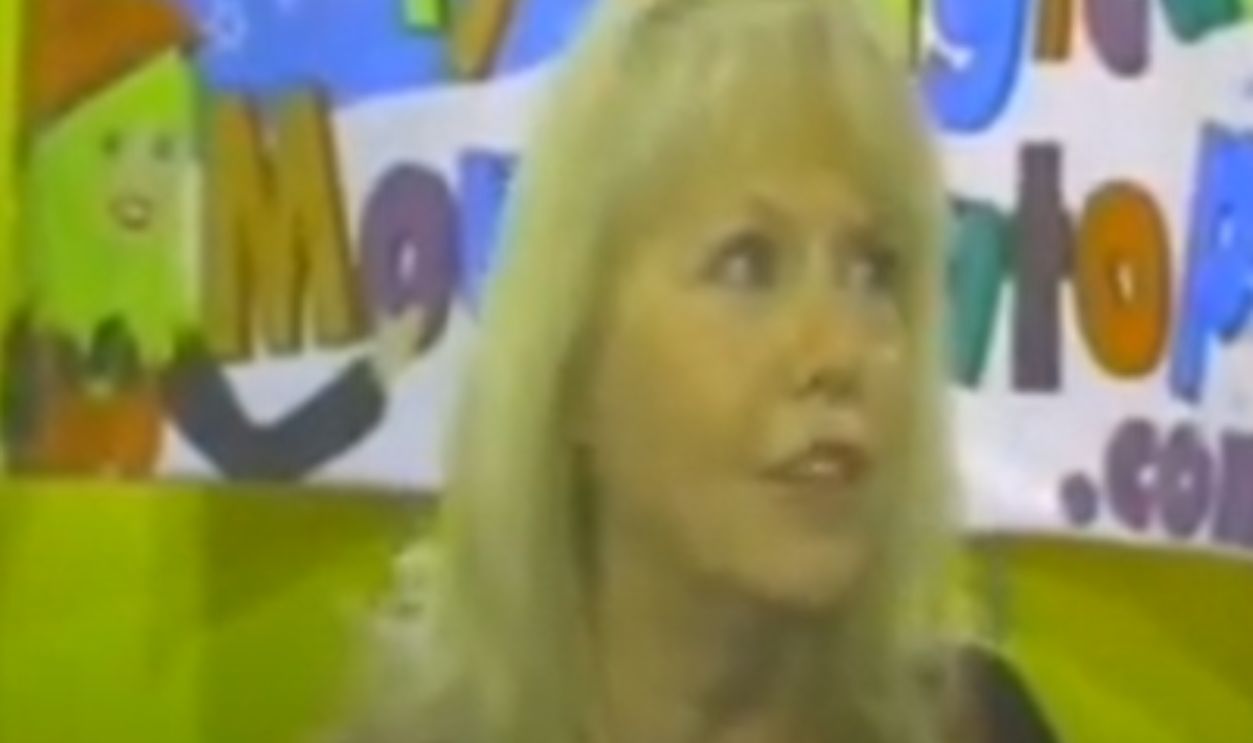 Misty Rowe on Reality Check TV by Reality Check TV
Misty Rowe on Reality Check TV by Reality Check TV
The Tick (2001–2002)
We all love it when a comic book series comes to life and delivers. Well, The Tick was an adaptation of the comic by Ben Edlund. The star of the show was Patrick Warburton. He was a 7-foot-tall, 400-pound superhero with nigh-invulnerability (immunity from any danger), might, and a combat slogan of "Spoooooon"!
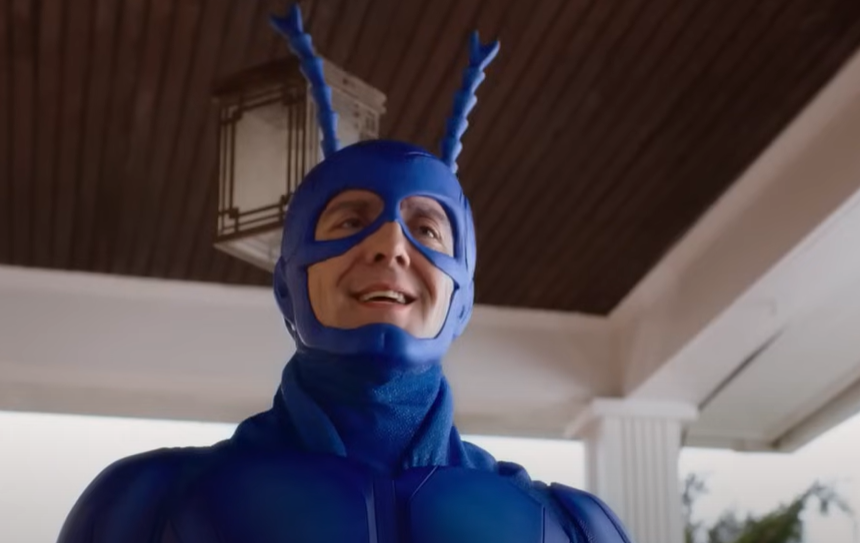 Amazon Studios, The Tick (2016–2019)
Amazon Studios, The Tick (2016–2019)
The Tick (2001–2002) (Cont).
Tick had a sidekick Arthur and the pair would go on adventures together fighting quirky superheroes and villains. Unlike most super hero pieces, this one had injected humor, constantly making fun of the superhero genre. Tick was overly optimistic and Arthur typically brought him back to reality.
The Tick (2001–2002) (Cont).
Did the series deliver? Unfortunately no. The show struggled with low ratings from the beginning, and viewers felt that some storylines remained unresolved. The quirky approach to a rather serious genre also did not resonate with the broader audience. All these led to the show's cancellation of just nine episodes.
Firefly (2002–2003)
We all hate it when a network interferes with production and this is one of the reasons Firefly went missing. Firefly followed the adventures of the spaceship Serenity renegade crew set in the year 2517. This show was set during a time where humans had taken over a new star system.
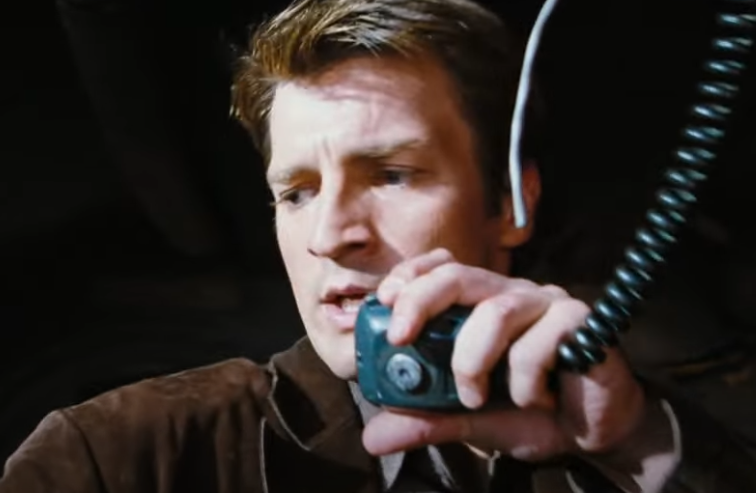 Twentieth Century, Firefly (2002–2003)
Twentieth Century, Firefly (2002–2003)
Firefly (2002–2003) (Cont).
Firefly's idea was to merge space exploration to human life; embracing differences in background, personalities, and more. In "The Train Job" (Season 1, Episode 3), the crew attempted to rob a train to pay off debt. As anticipated, this episode didn't disappoint with its complications, plot twist, and moral dilemmas.
Firefly (2002–2003) (Cont).
Despite all the excitement, the low rating, and the network's interference, we also saw episodes being released out of order, budget cuts, and this strained production. Even with genius writing, when you have issues with the network, expect a cancellation. So, after just one season, Firefly flew into the abyss.
The Sarah Silverman Program (2007–2010)
The biggest uncertainty of building a satirical show is how people perceive it—they either love it, don't get it, or completely hate it. The Sarah Silverman Program producers Sarah Silverman, Rob Schrab, Dan Sterling, and Heidi Herzon were willing to risk it. Did they succeed?
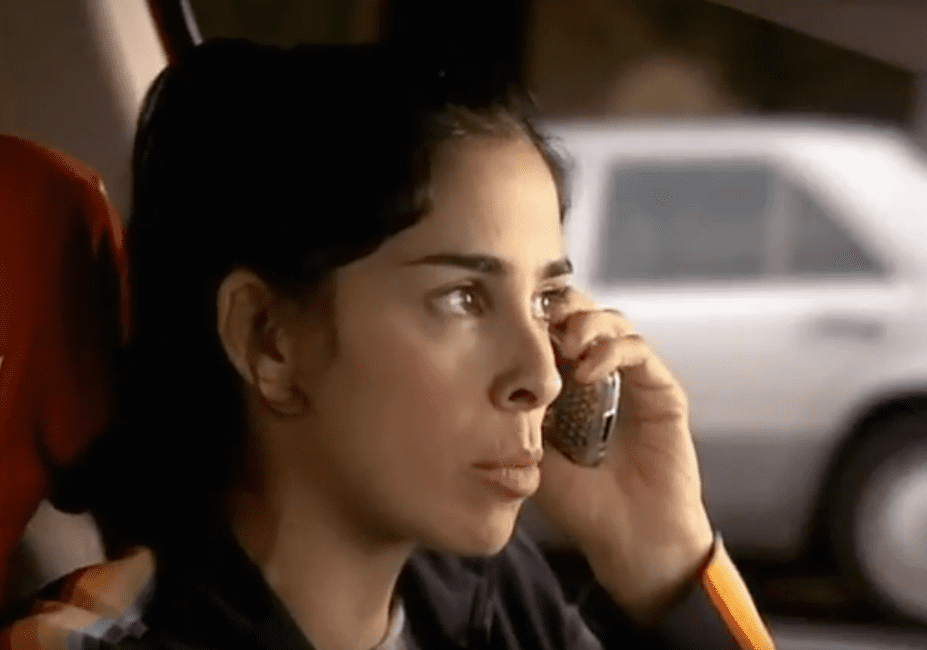 The Sarah Silverman Program. (2007–2010), Comedy Central
The Sarah Silverman Program. (2007–2010), Comedy Central
The Sarah Silverman Program (2007–2010) (Cont).
It's obvious they did not because, after three seasons, the show dropped the curtains. So, Sarah (in the show) played an immature, selfish, oblivious character. To say the least, Sarah was weird, especially when she kidnapped and enrolled another character, also named Sarah, in a beauty pageant.
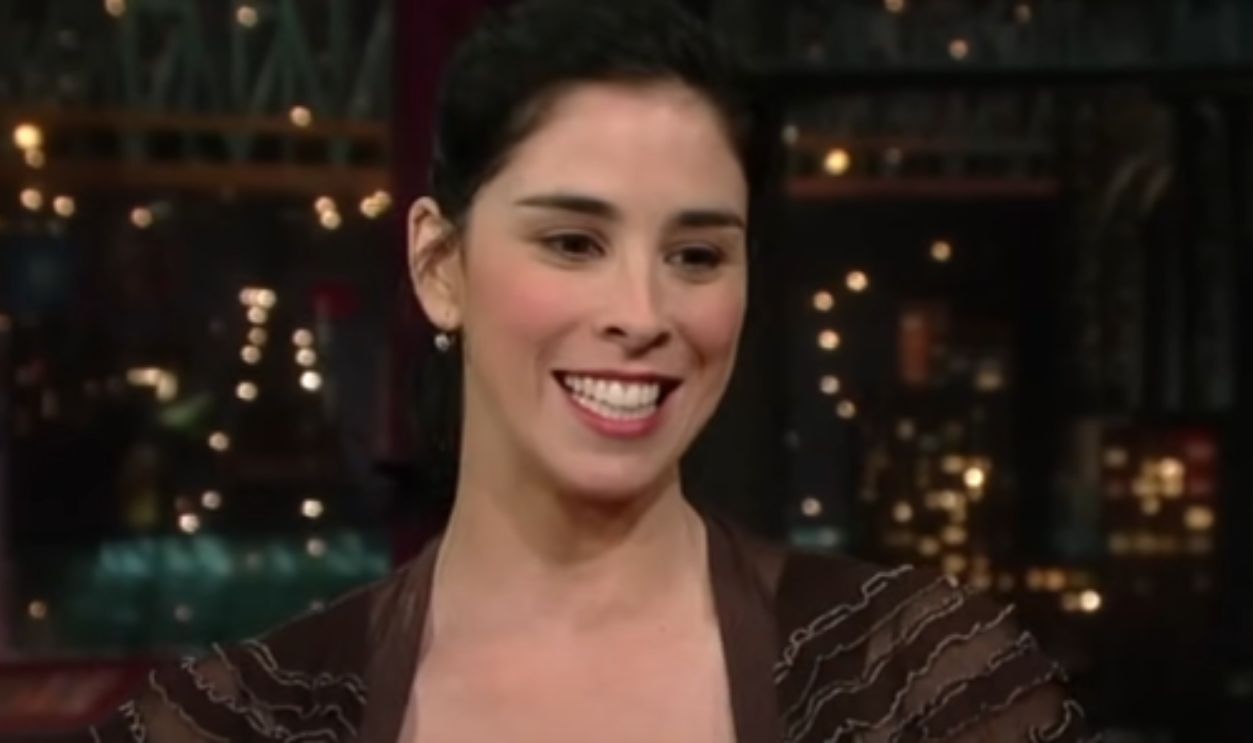 Sarah Silverman Stabbed Al Franken In The Head | Letterman by Letterman
Sarah Silverman Stabbed Al Franken In The Head | Letterman by Letterman
The Sarah Silverman Program (2007–2010) (Cont).
During this adventure, Sarah battled her own insecurities and realized that the two Sarahs were different. This episode was loved, but was it enough to save the series? Nope. Why? The producers couldn't agree on the show's per-episode budget. What a reason…*facepalm*
The Cape (2011)
By now it has to be clear that a low rating throws you out the game. The Cape had a 5.7/10 on IMDb and 41% on Rotten Tomatoes, yikes! Regardless, here is the story; a cop in the highly corrupt Palm City is framed for a series of homicides and is presumed dead.
The Cape (2011) (Cont).
Vince Faraday, the cop, is then rescued by a circus troupe and resorts to becoming a vigilante—The Cape (his son's fave comic hero). The circus trained him in acrobatics, hand-to-hand combat, illusions, and the use of his signature cape as a shield. After training, he set out to fight evil corruption.
The Cape (2011) (Cont).
The showbiz world has to be the most unforgiving because the show's ratings never picked up. The Cape was initially meant to be 13 episodes, but that number went down to 10. The ratings were worse after each episode's release, and so NBC closed its doors to the show on March 2, 2011.
Roswell (1999–2002)
In the late 90s and early 2000s, supernatural series were a hit, so why didn't Roswell make it? This science fiction features a group of teenagers in Roswell, New Mexico, with hidden supernatural powers. Max Evans was a healer, Liz Parker had premonitions, Michael Guerin had telekinesis, and Isabel Evans could manipulate dreams.
Roswell (1999–2002) (Cont).
Imagine you and your partner having powers and you have no idea about it. That was Liz and Max. In the very beginning, Liz was working at her parent's diner when two customers opened fire after an altercation. The stray bullet hit Liz's stomach and as expected, Max ran to her rescue.
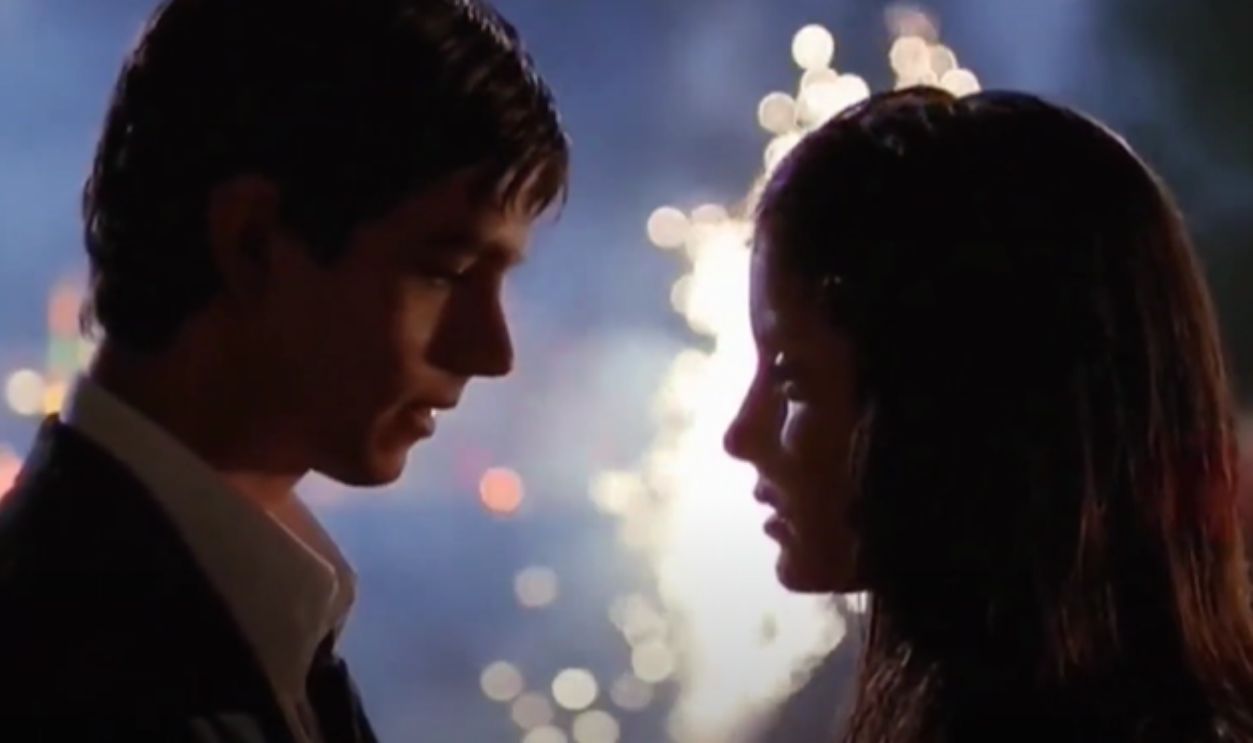 Liz and Max | E.T. [Roswell 1999] by CravingEdits
Liz and Max | E.T. [Roswell 1999] by CravingEdits
Roswell (1999–2002) (Cont).
Max already knew he had powers, so did his sister Isabel and their friend, Michael. So they used their powers without revealing it to anyone else. This is quite a story, right? But it wasn't enough to save production. They went on with three seasons, doing all they thought could save it, but nothing worked.
Cavemen (2007)
This show was based on a popular Geico ad concept and it attempted to expand the caveman characters into a series. The show followed a trio including Joel, his cynical best friend Nick, and his easy-going little brother Jamie. The goal was to bring onboard humor with social commentary in identity and acceptance.
Cavemen (2007) (Cont).
In "The Pilot" episode, we get to meet the main characters, actual cavemen, who now live in modern-day Atlanta. Imagine the confusion to cope with—women, cars, technology, and everything in between. To sweeten the plot, Joel has a human girlfriend, Kate.
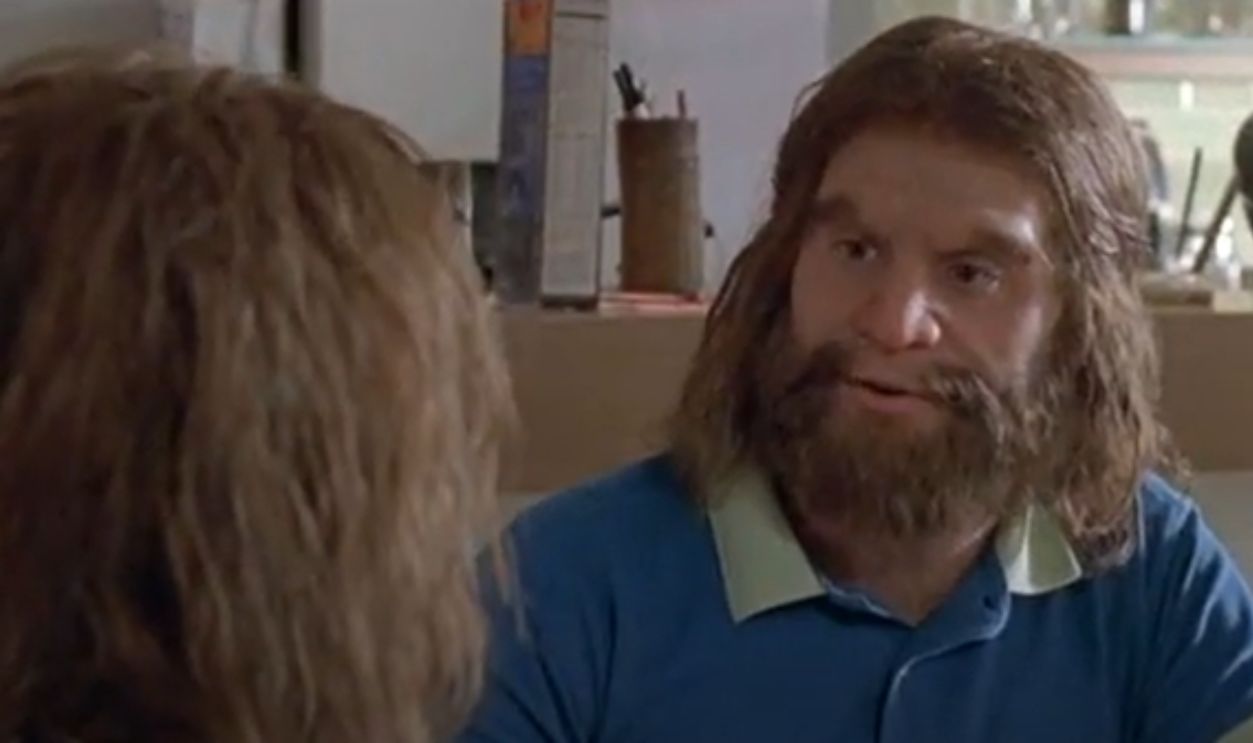 Cavemen T.V. Series : Unaired Episode 8 Nick Sick. Part 1 by thedisneylandkid
Cavemen T.V. Series : Unaired Episode 8 Nick Sick. Part 1 by thedisneylandkid
Cavemen (2007) (Cont).
Cynical Nick instigates doubt into the situation and it really got to Joel, who attended the party. This episode became controversial with claims that the undertone had race-based prejudices pointing to minorities. This even caused a production set change from Atlanta to California. Production ended after episode six.
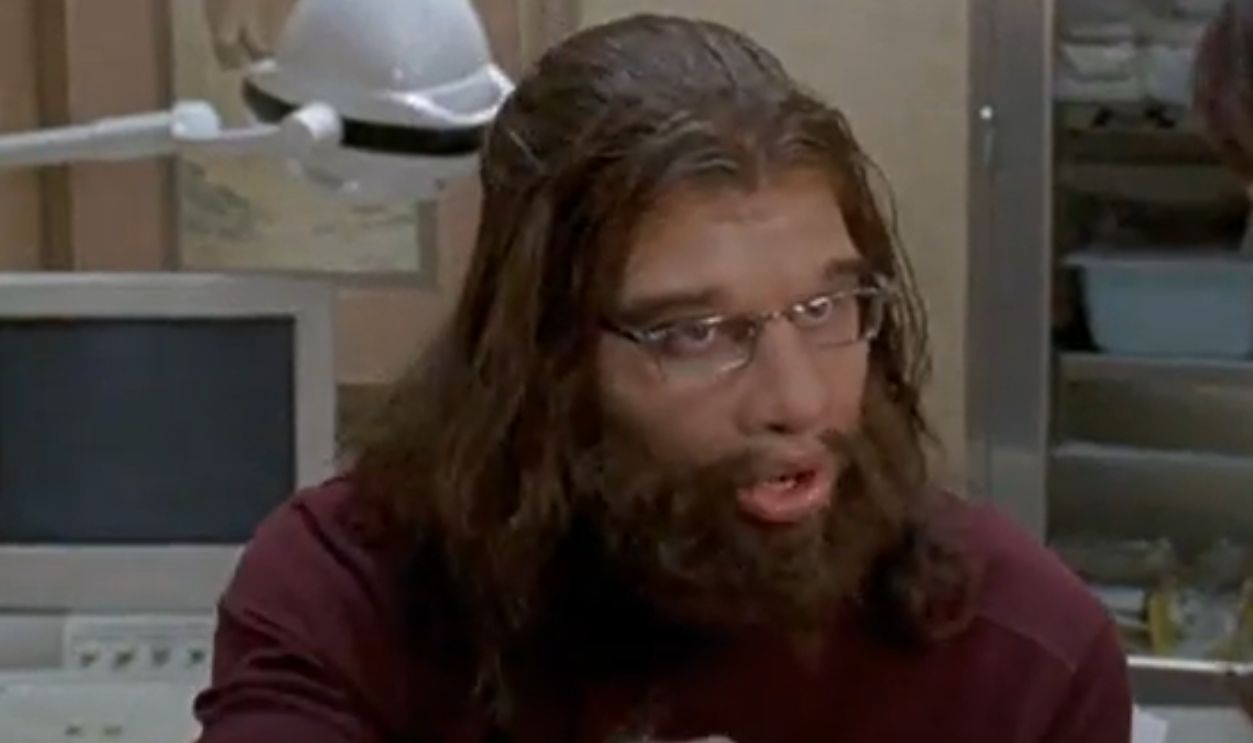 Cavemen T.V. Series : Unaired Episode 8 Nick Sick. Part 1 by thedisneylandkid
Cavemen T.V. Series : Unaired Episode 8 Nick Sick. Part 1 by thedisneylandkid
Manimal (1983)
Okay, we've seen low ratings as a reason, but this one will shock you. This NBC superhero creation featured Simon MacCorkindale (Jonathan Chase), a British professor who could shapeshift into any animal. He utilized this gift to help the New York Police Department solve bizarre events.
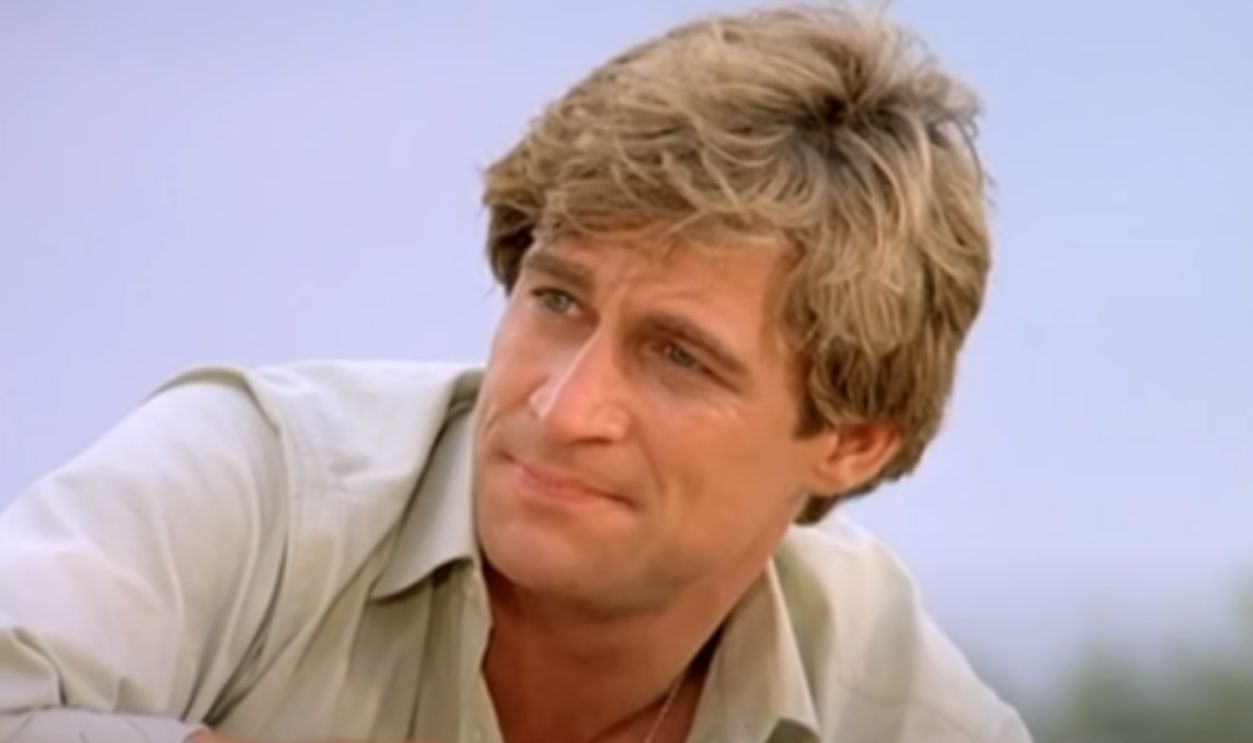 Manimal (1983). Minimum Episodes, Manimal Effort. by Stam Fine
Manimal (1983). Minimum Episodes, Manimal Effort. by Stam Fine
Manimal (1983) (Cont).
From the get-go, Manimal received negative feedback, some even terming it one of the "Worst Science Fiction Shows of All Time". The production team even brought a psychic onboard to tell of its fate, and their answer was, "Nope, not on another network, not in syndication, not on home cassettes... it's a ghost, it's history, it's vapor".
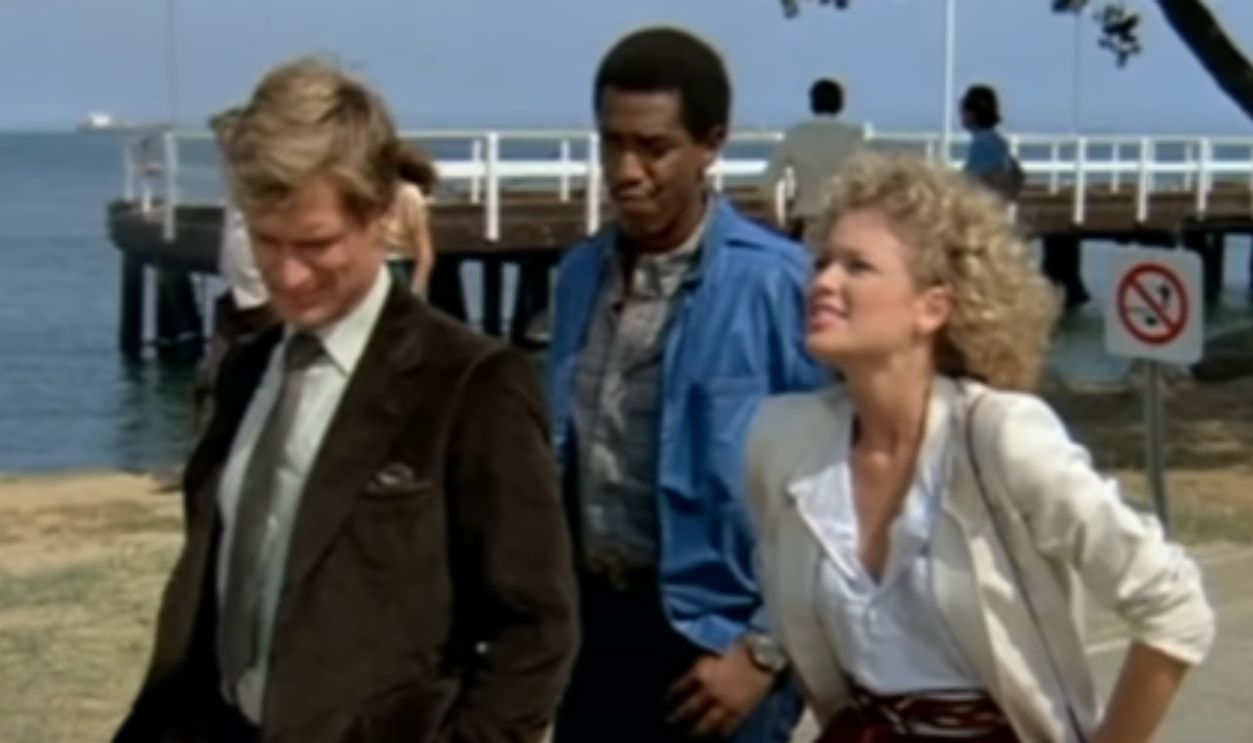 Manimal (1983). Minimum Episodes, Manimal Effort. by Stam Fine
Manimal (1983). Minimum Episodes, Manimal Effort. by Stam Fine


